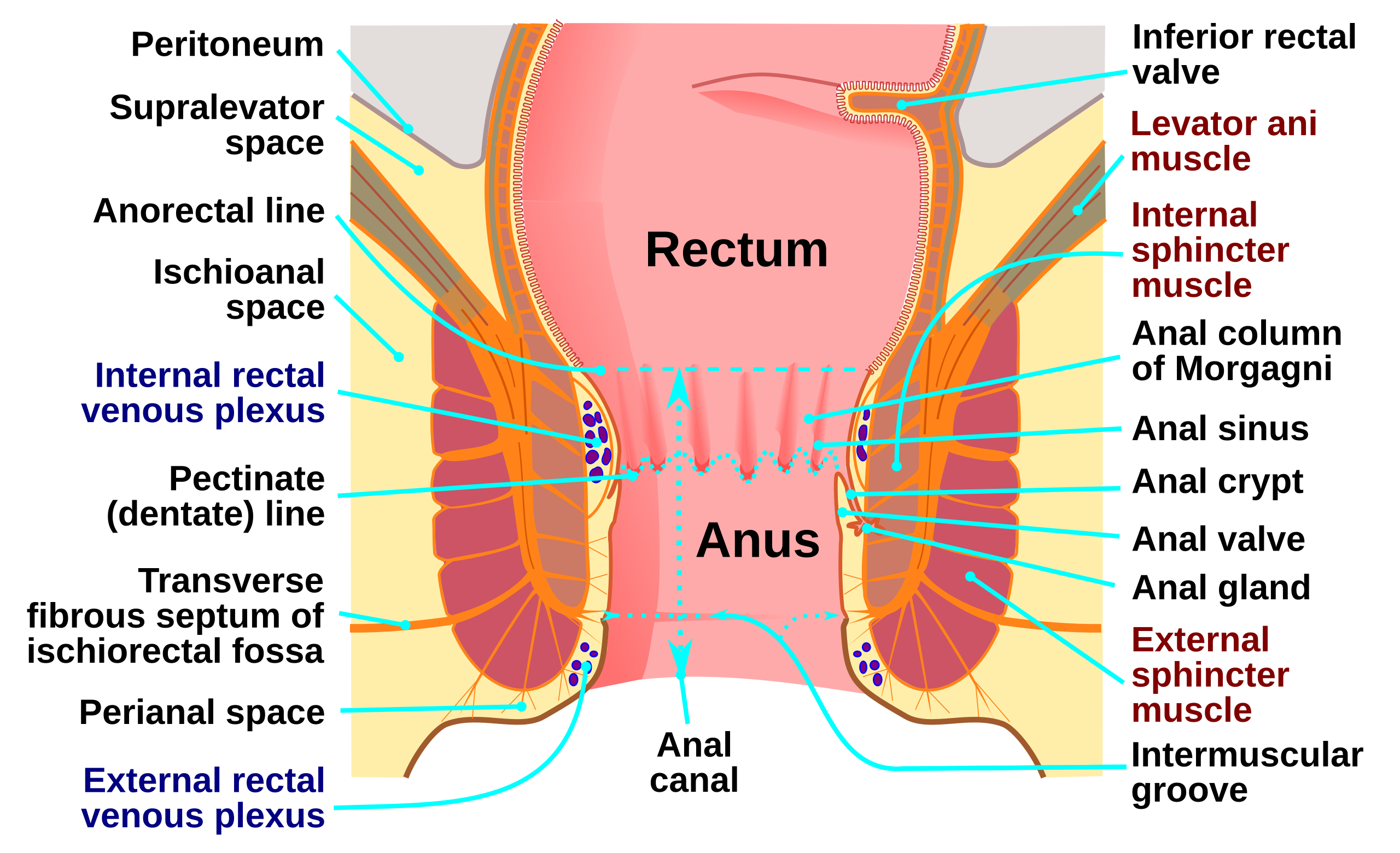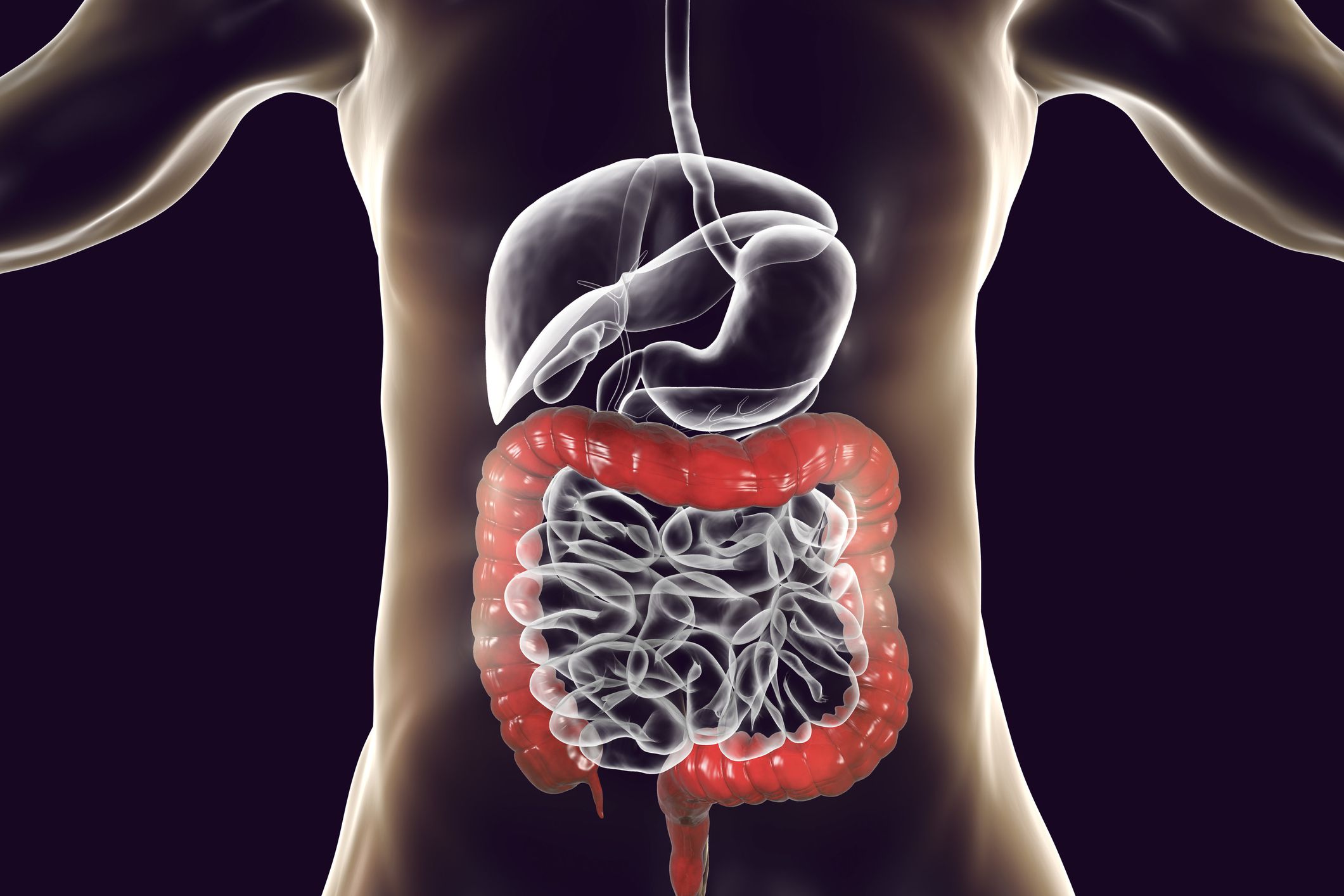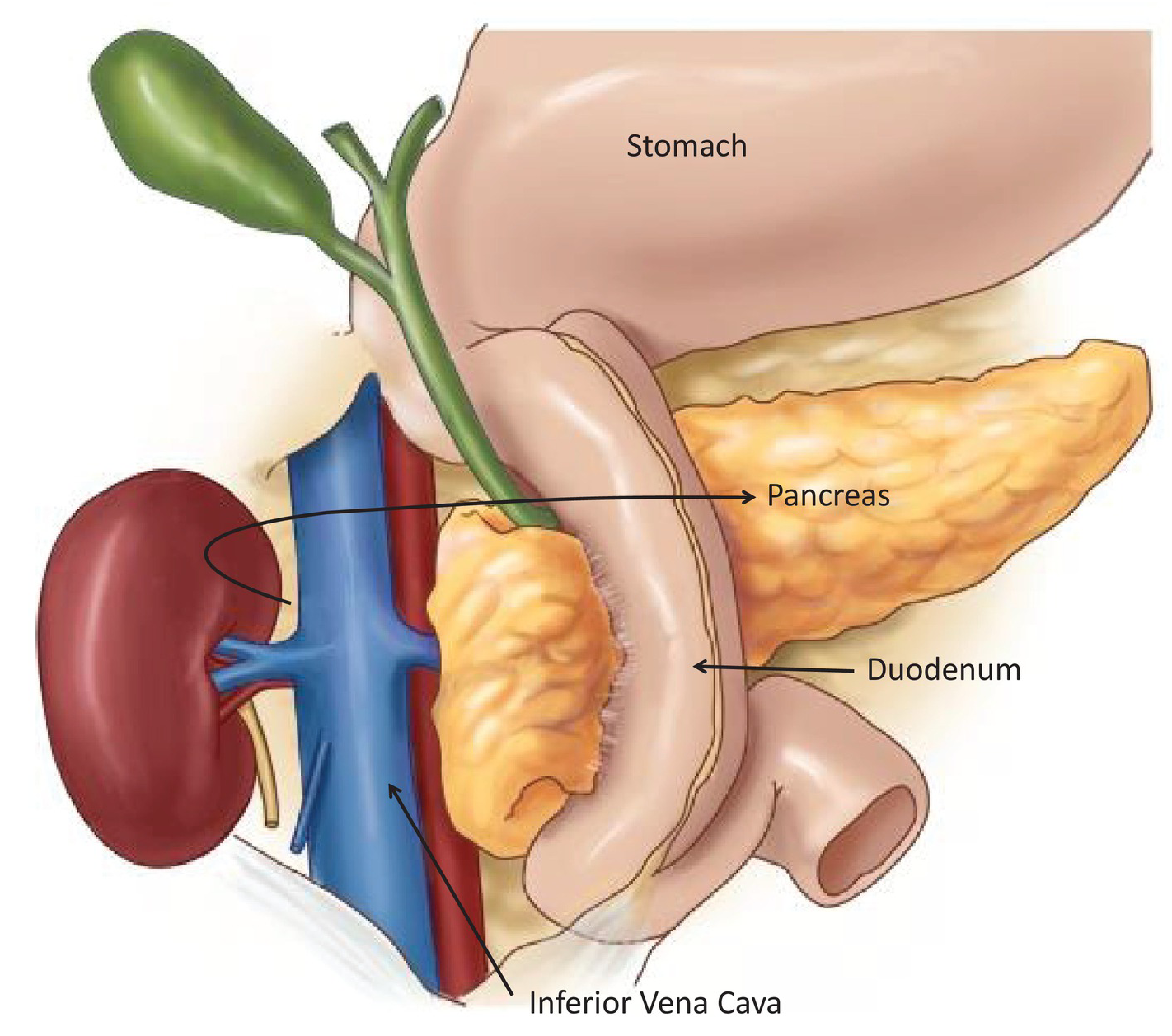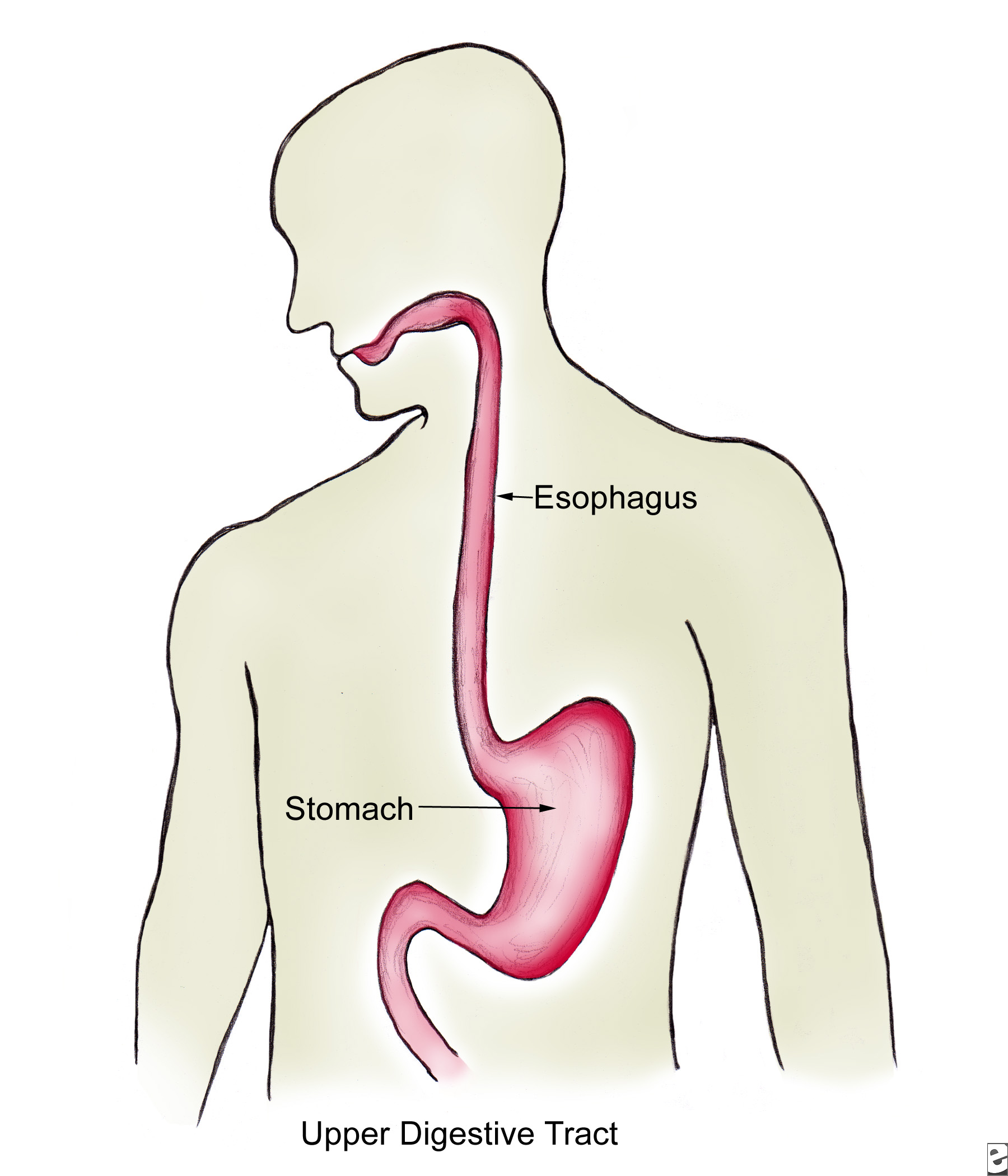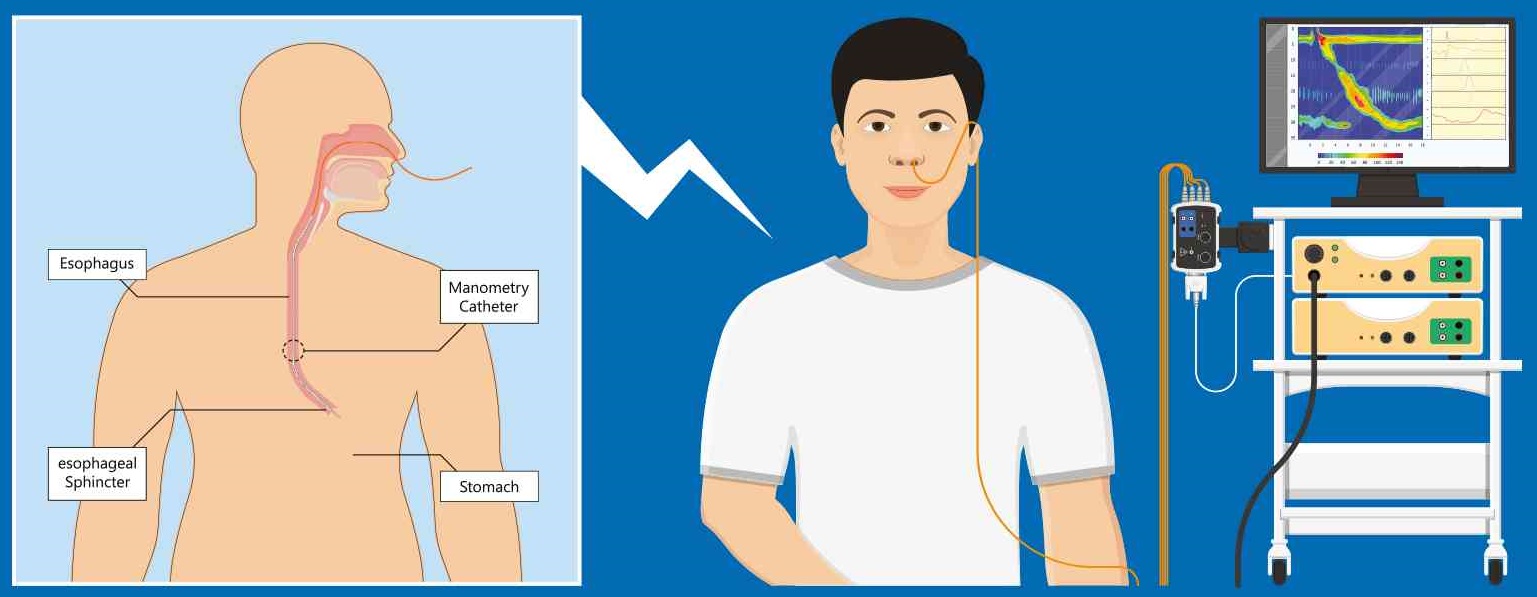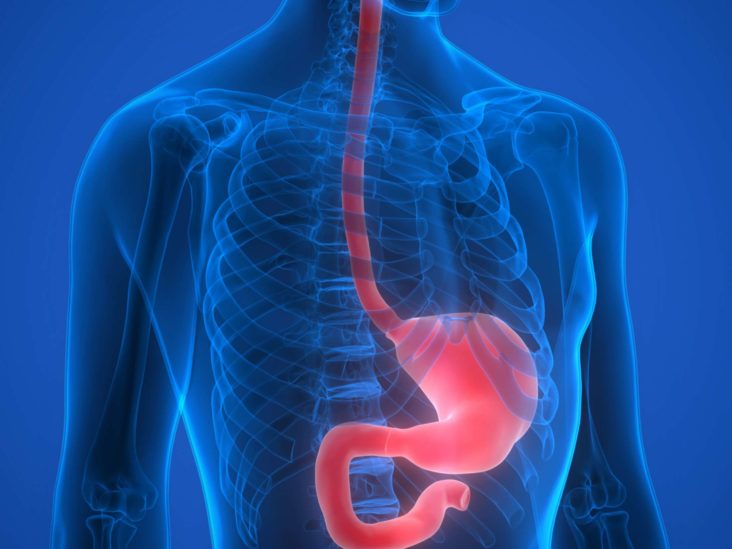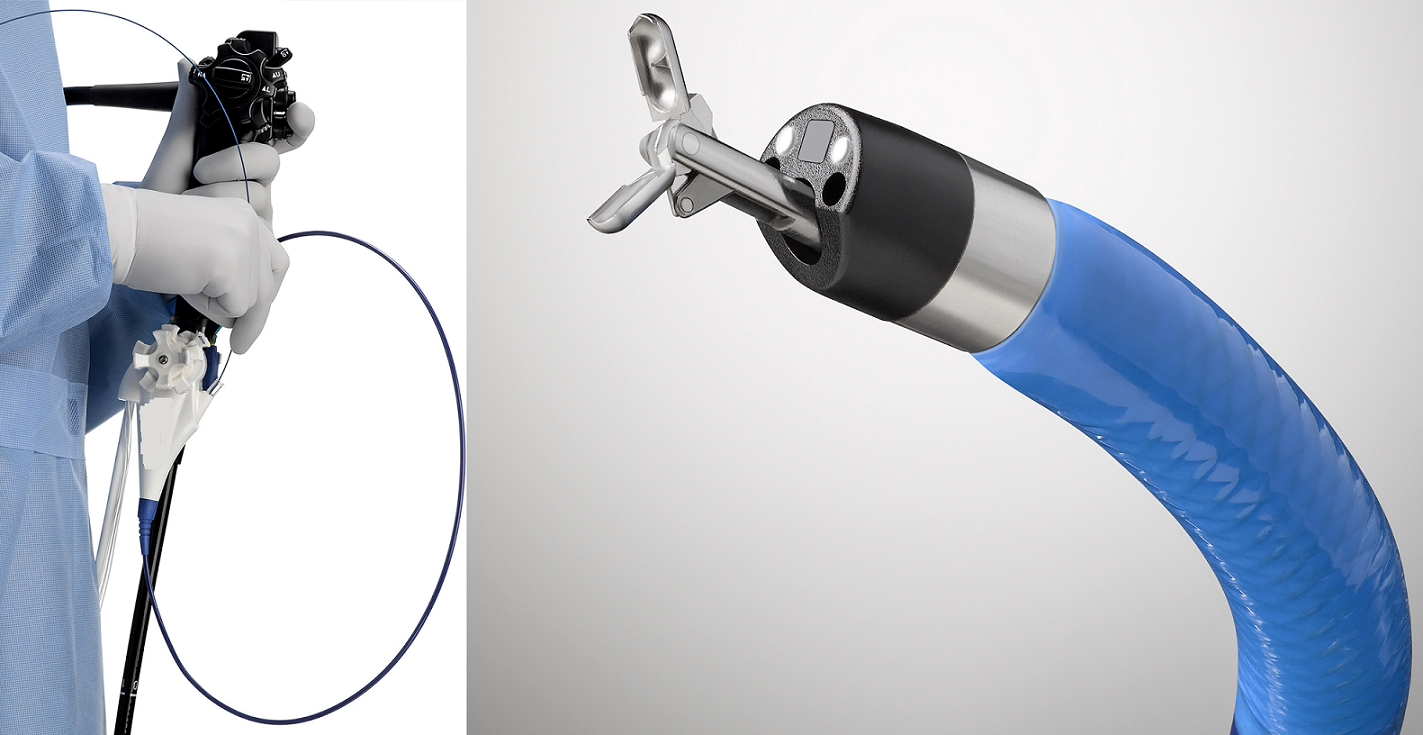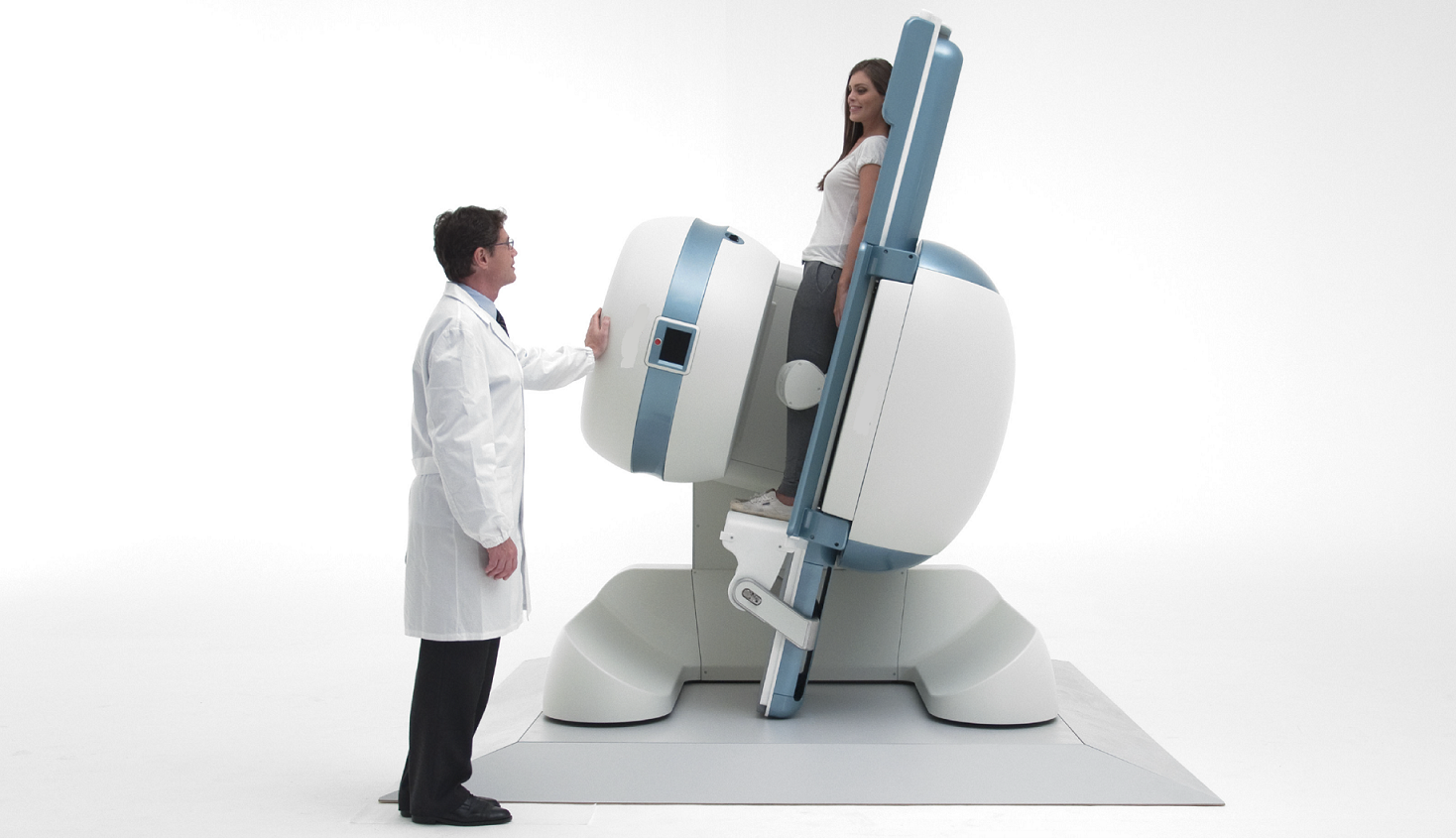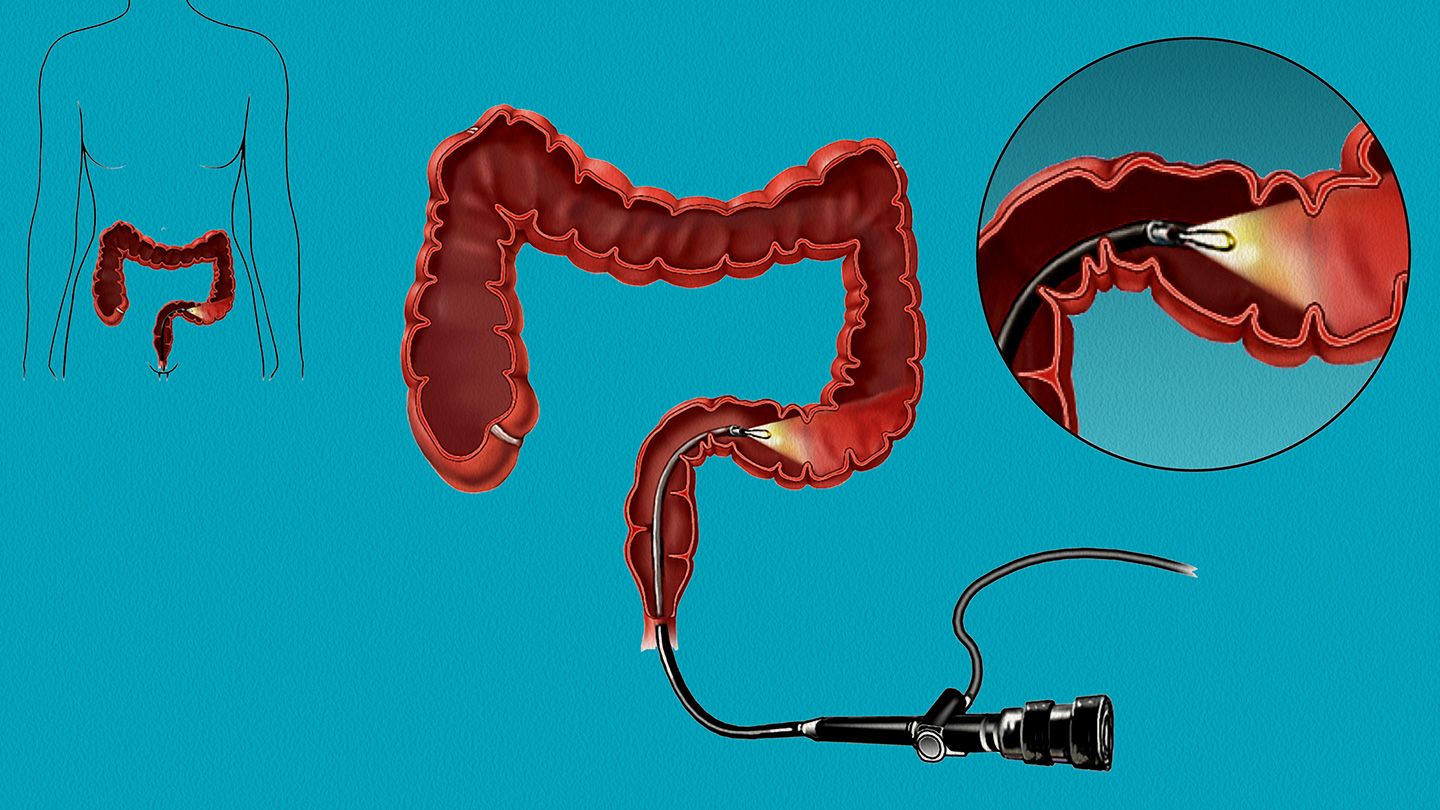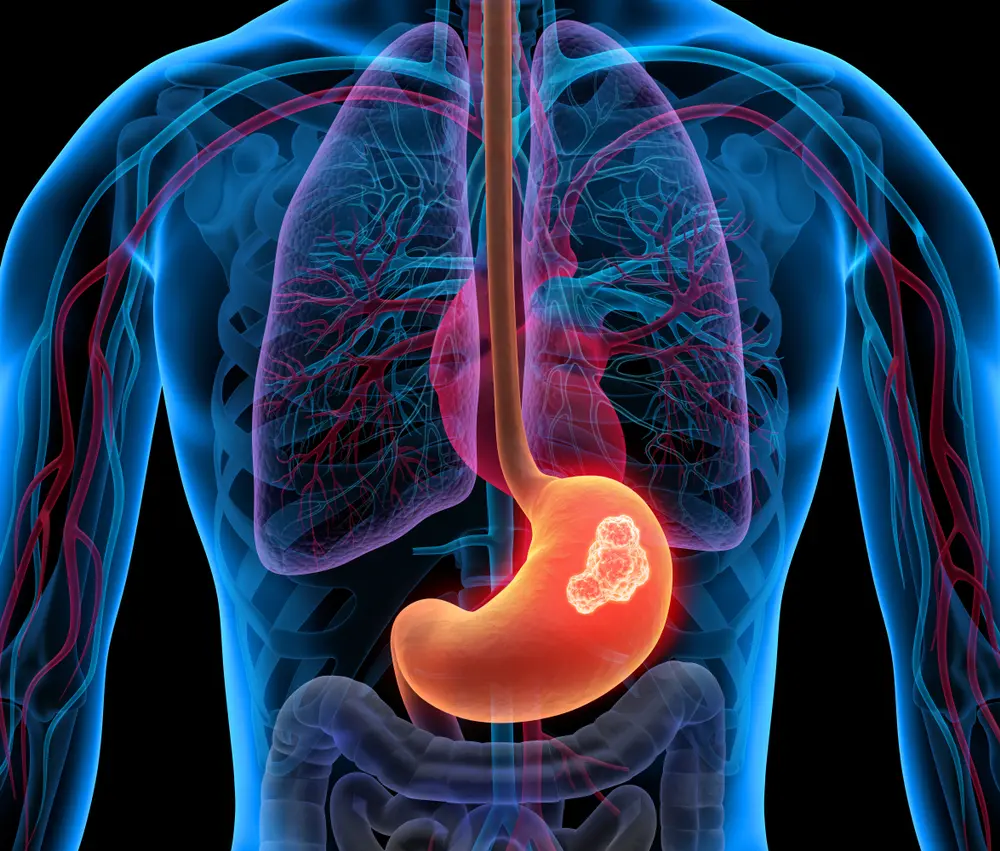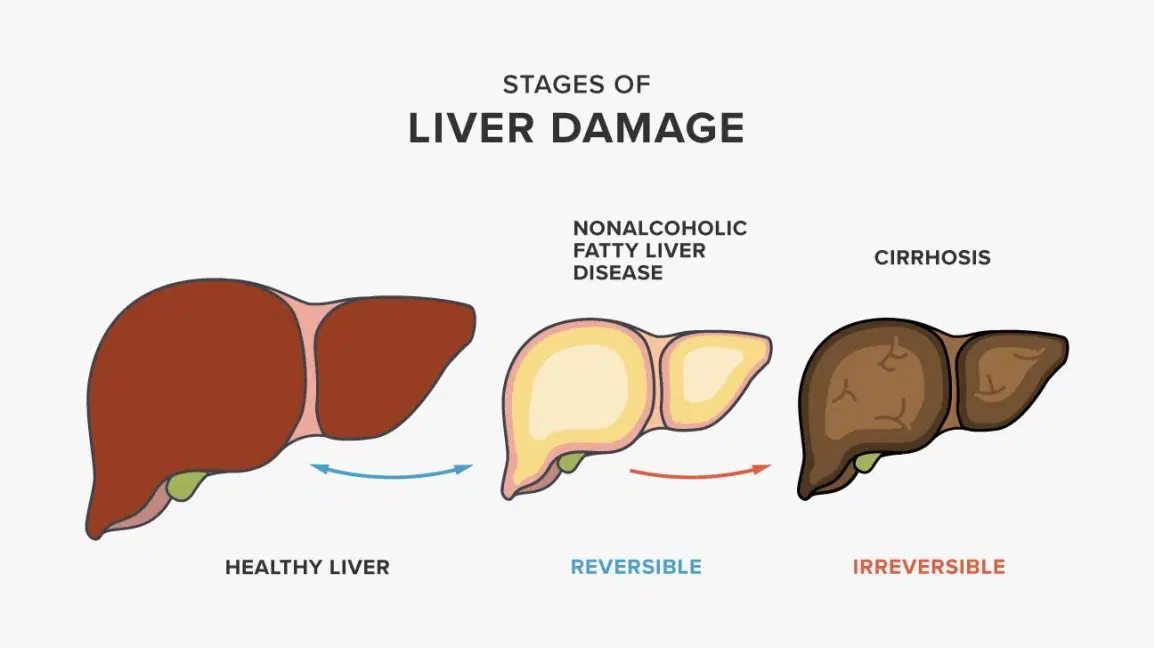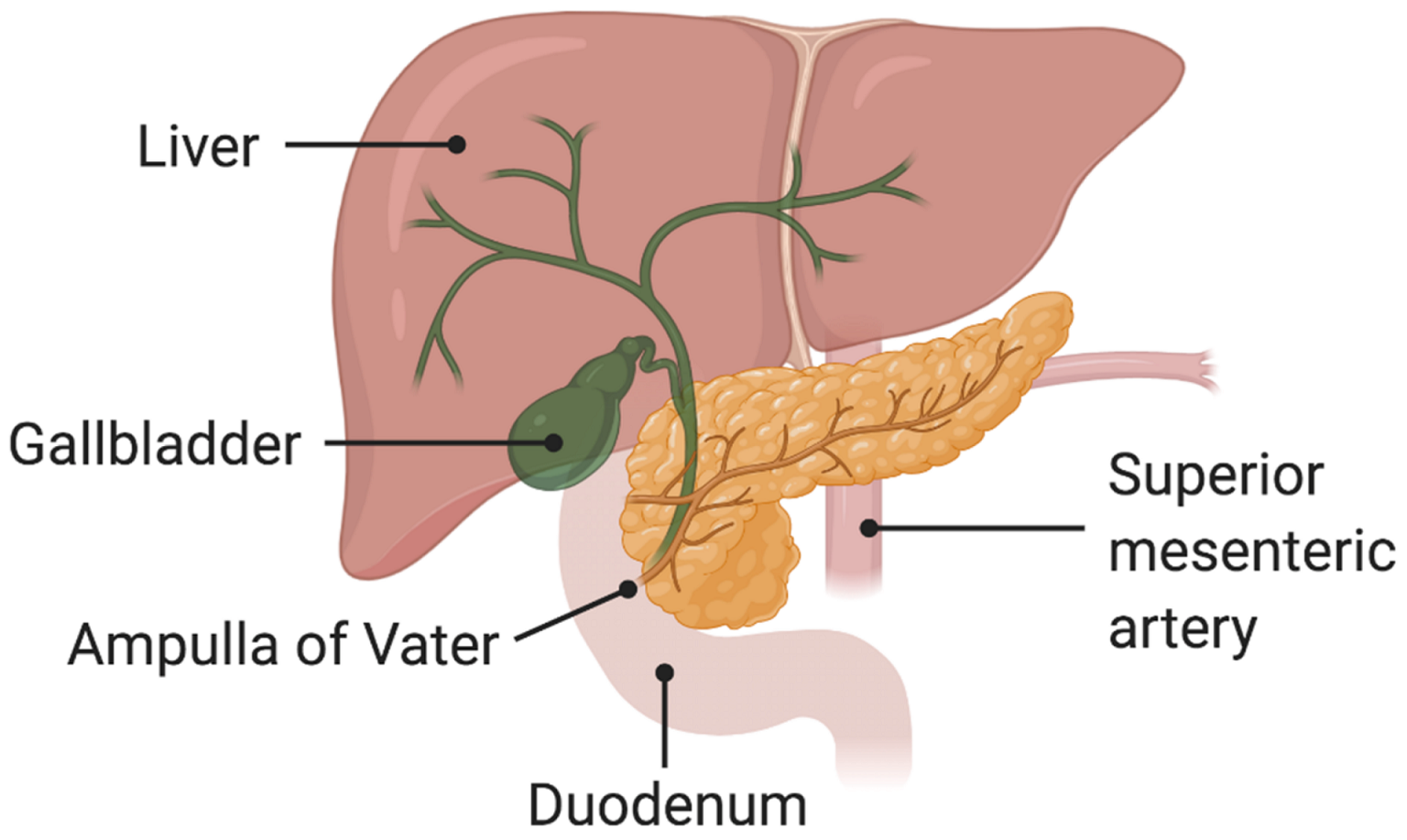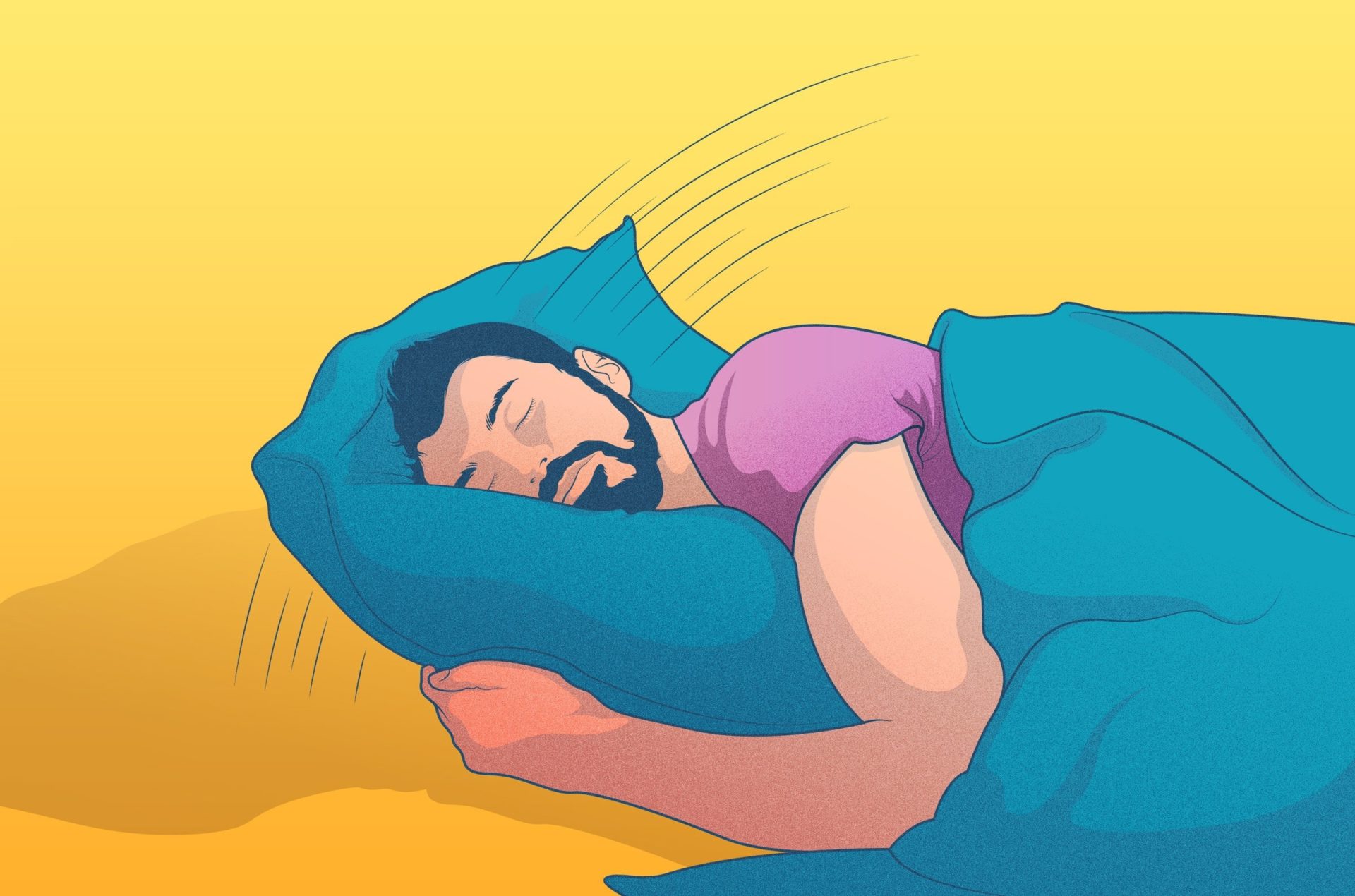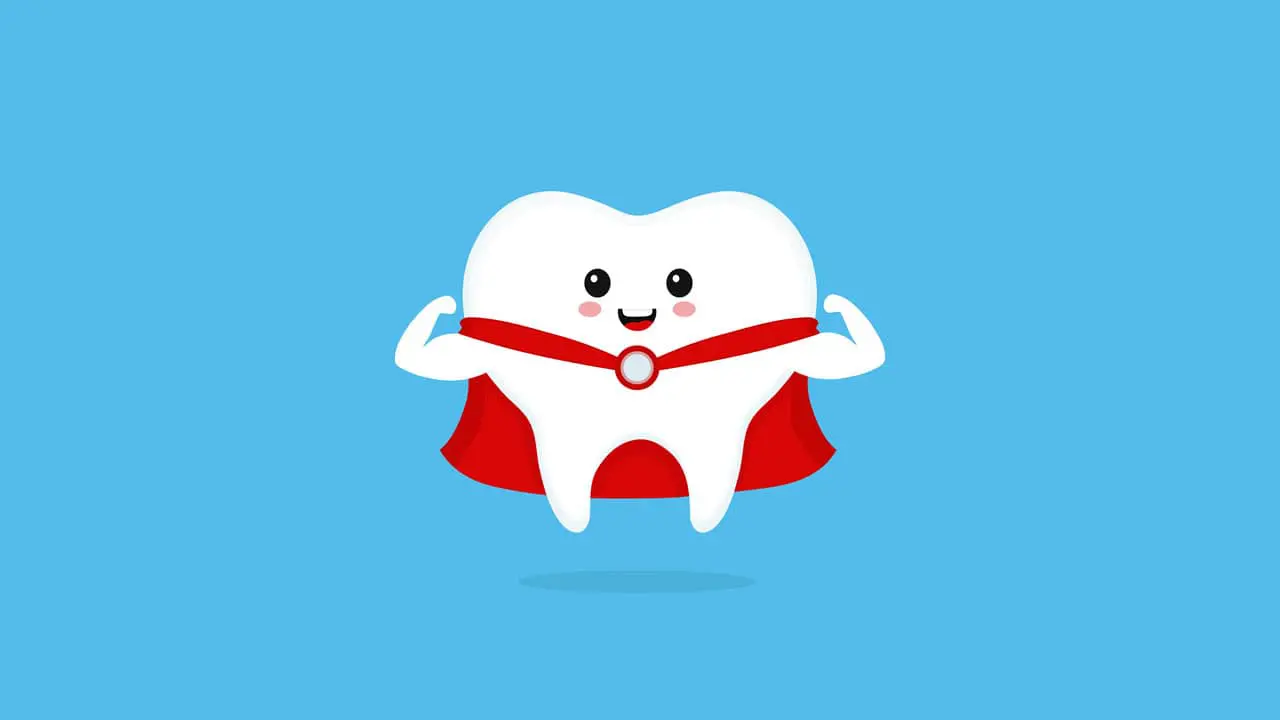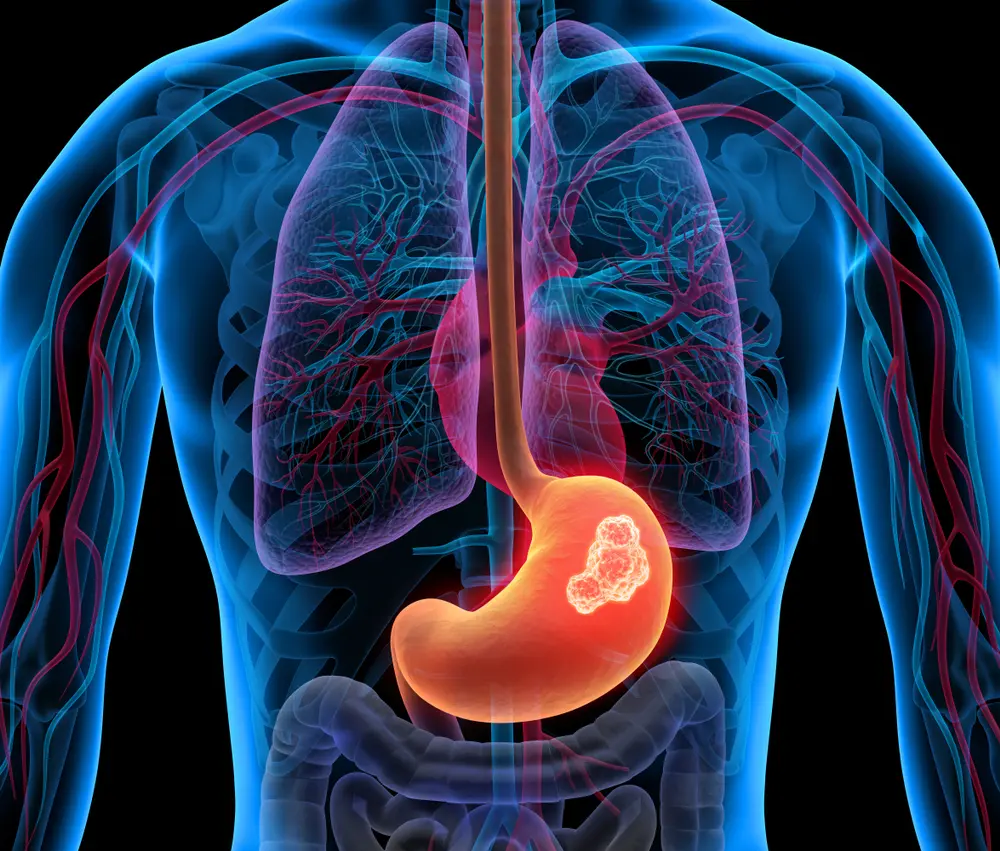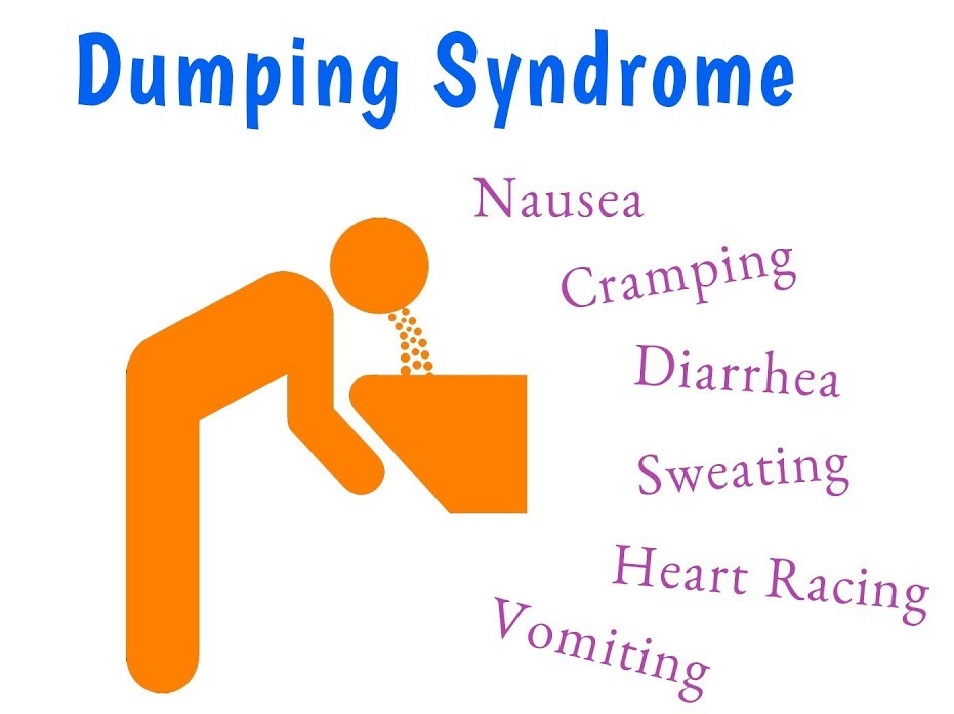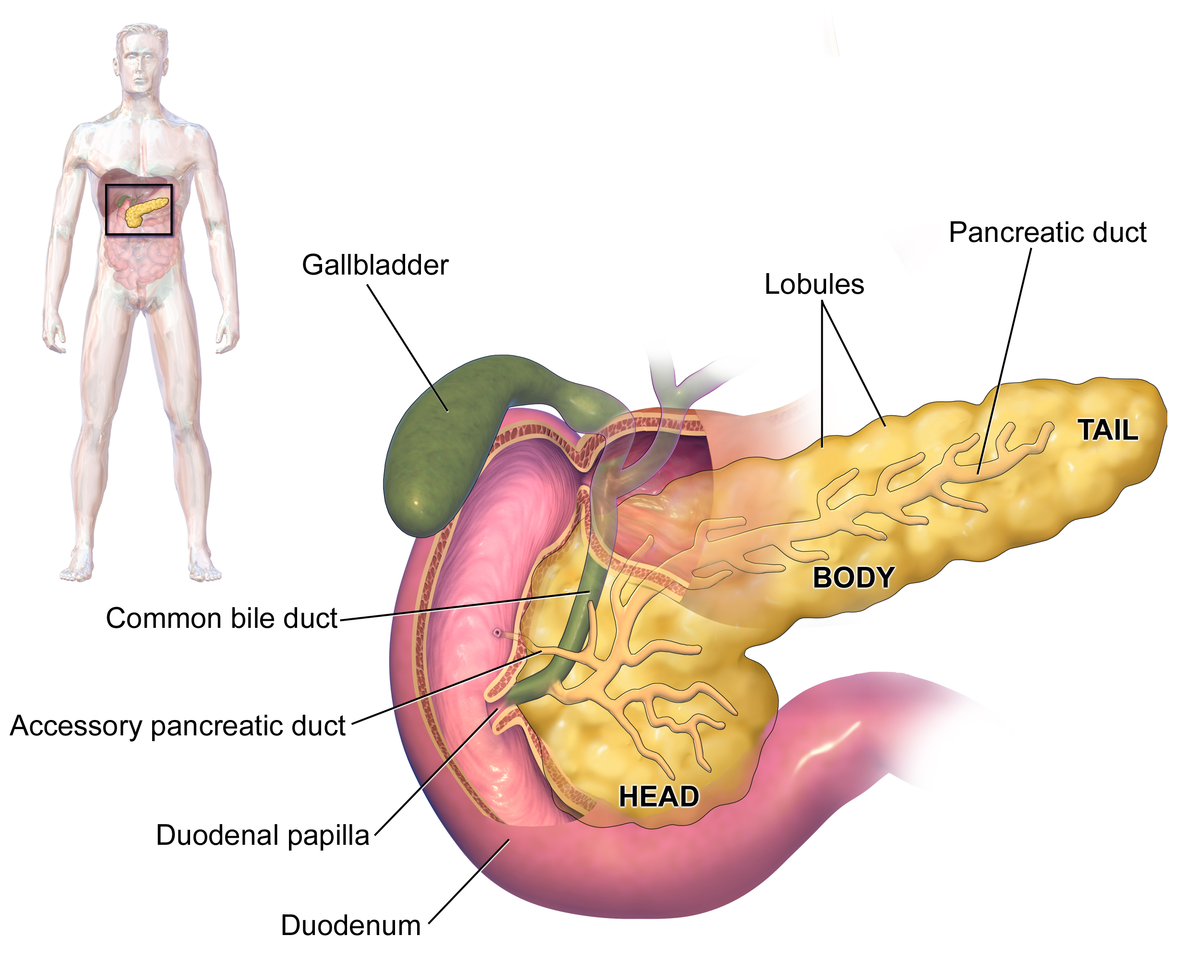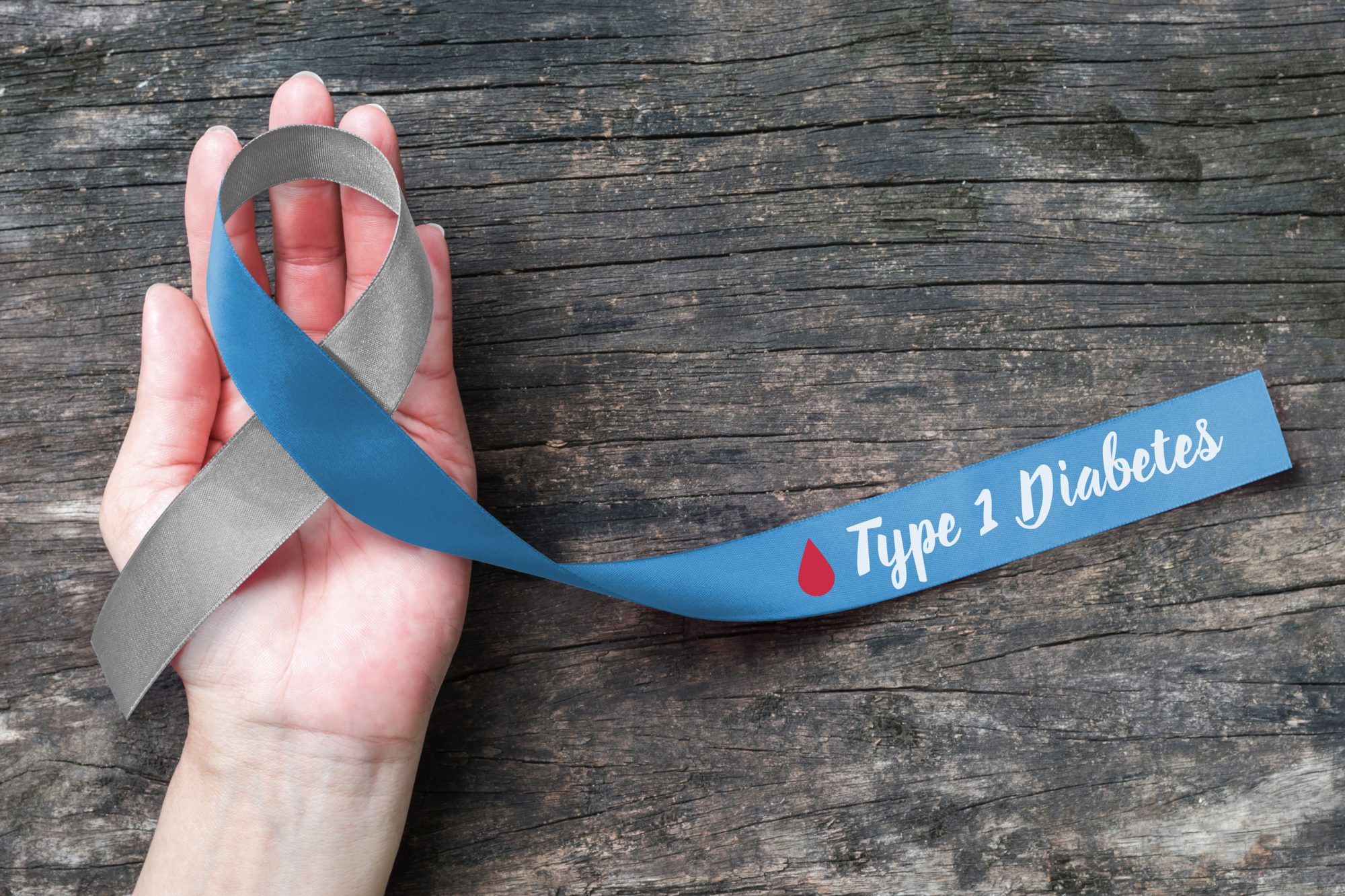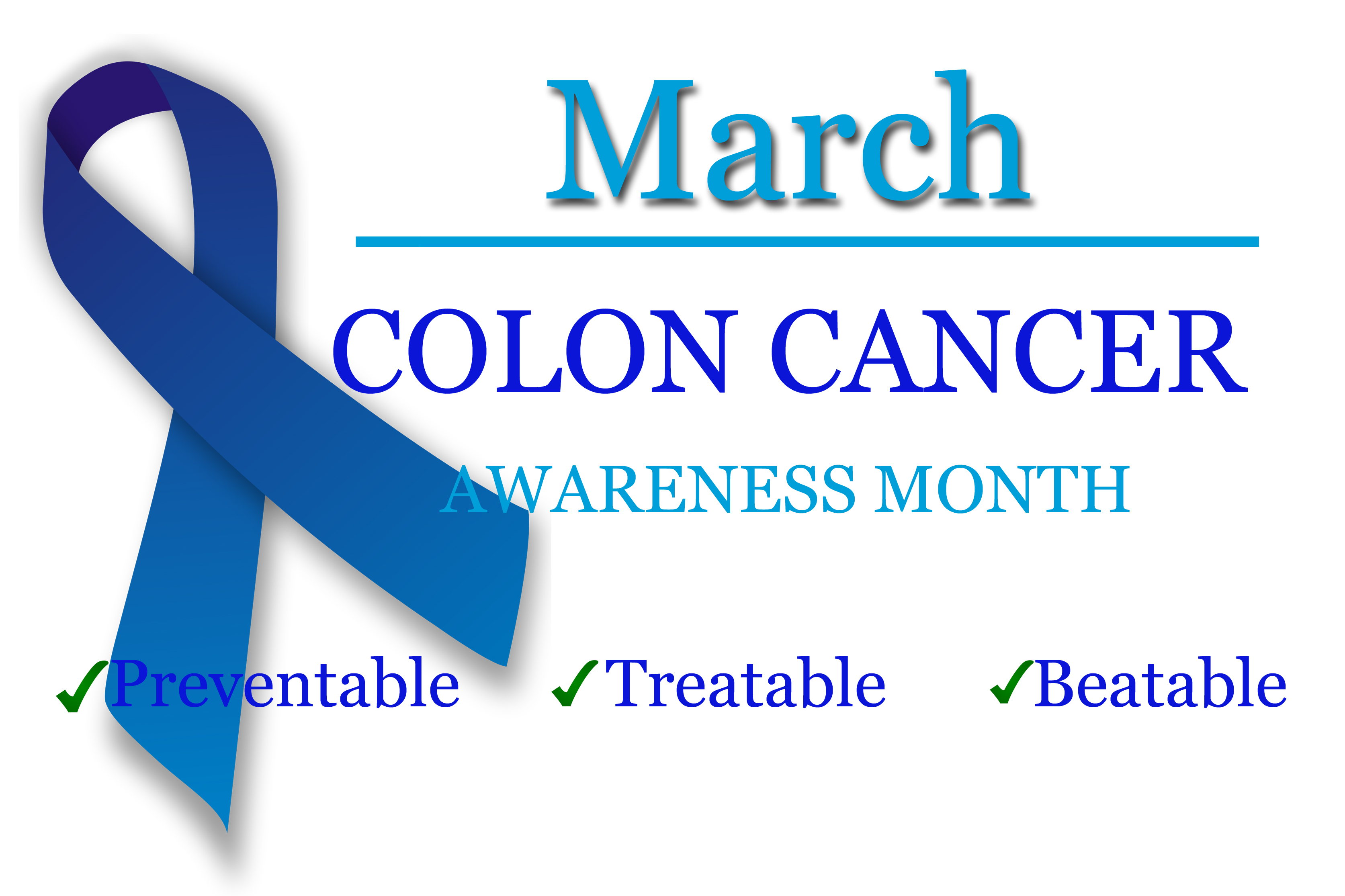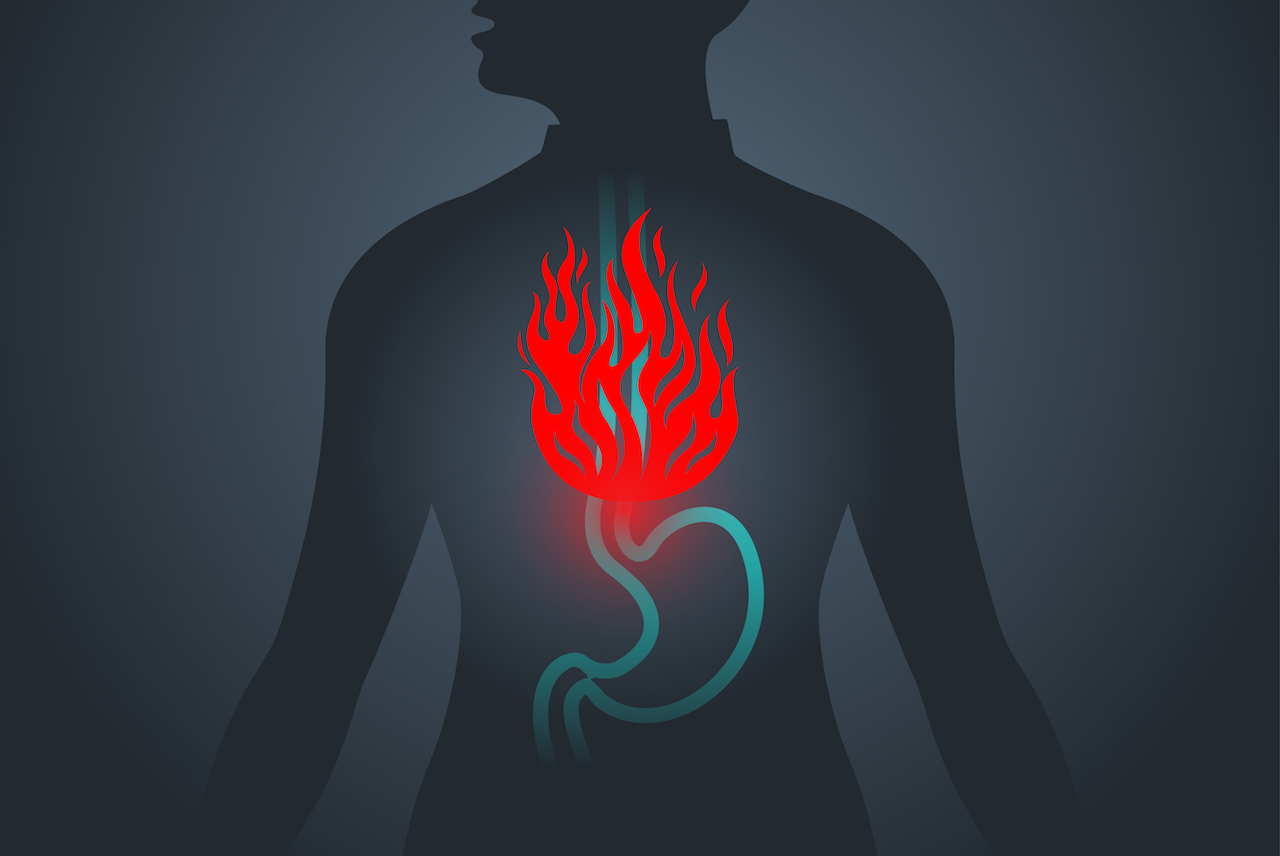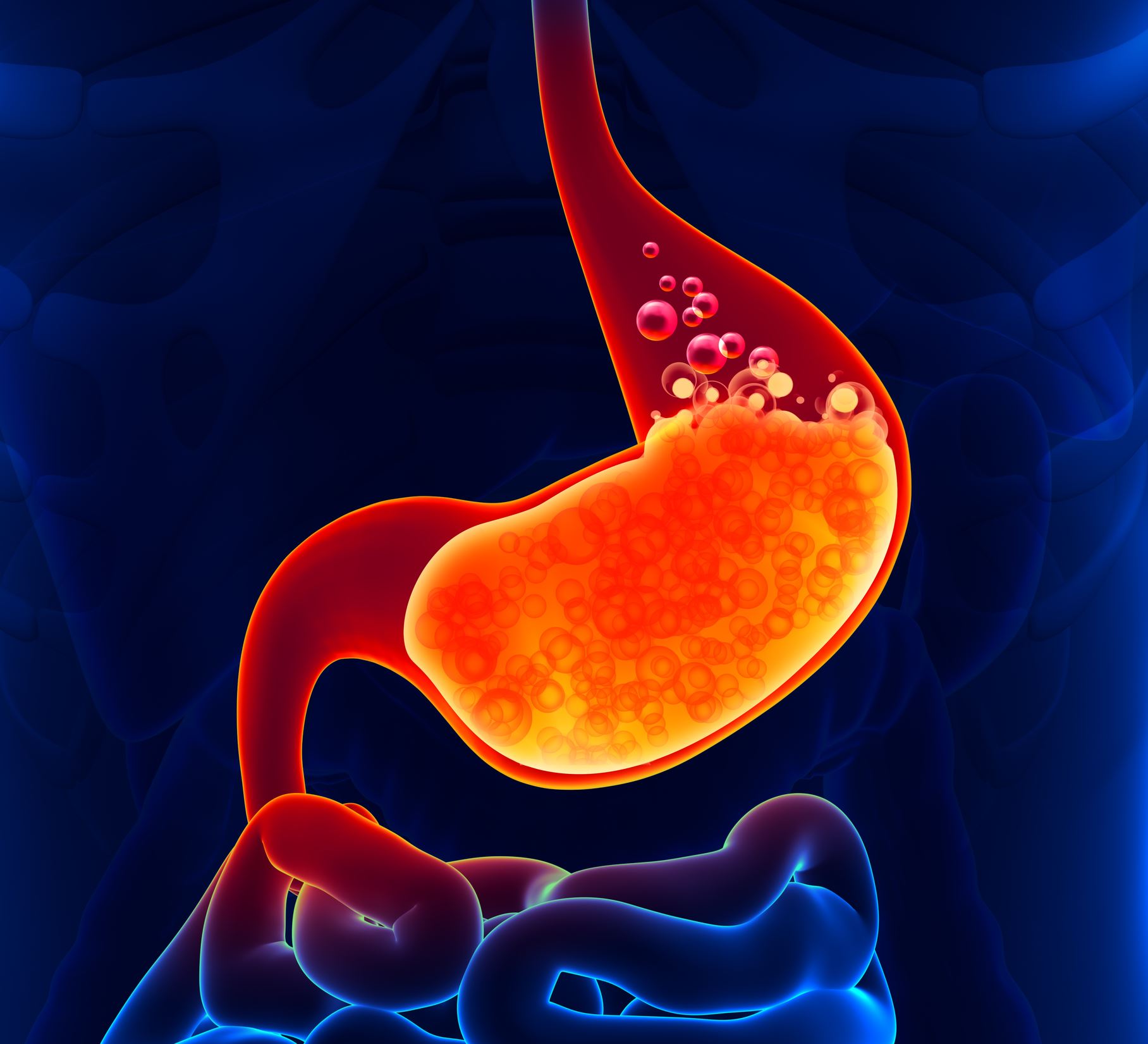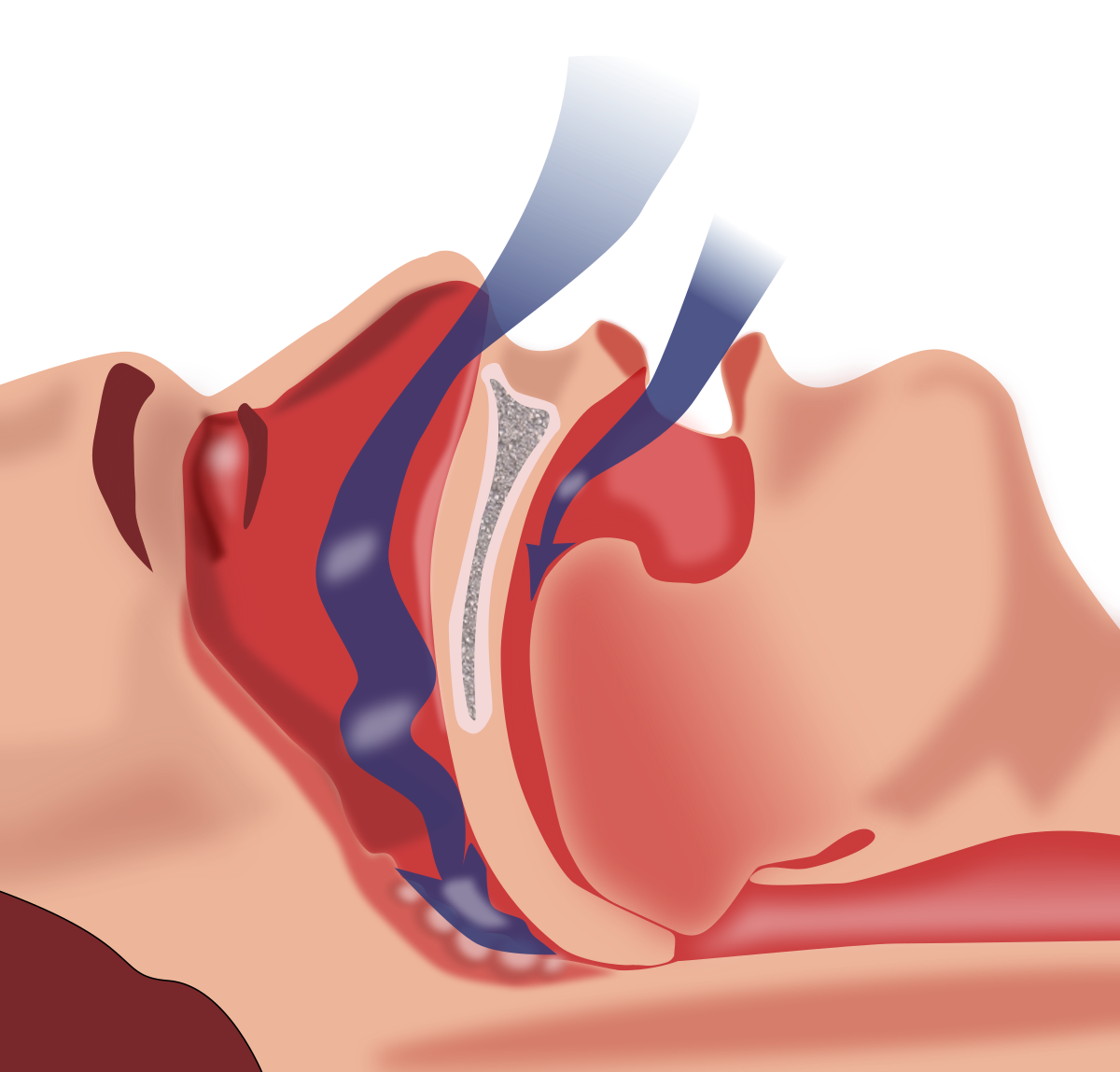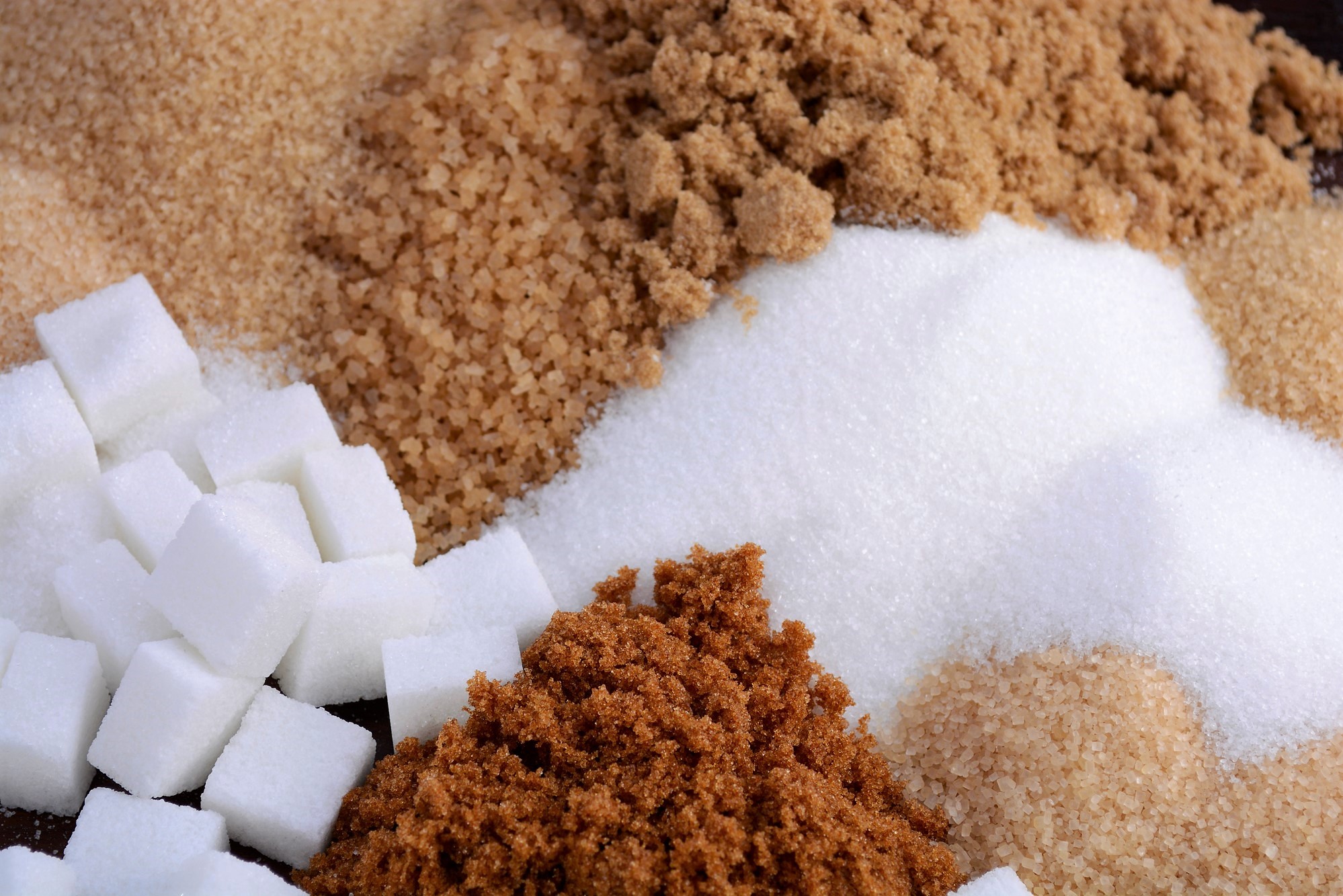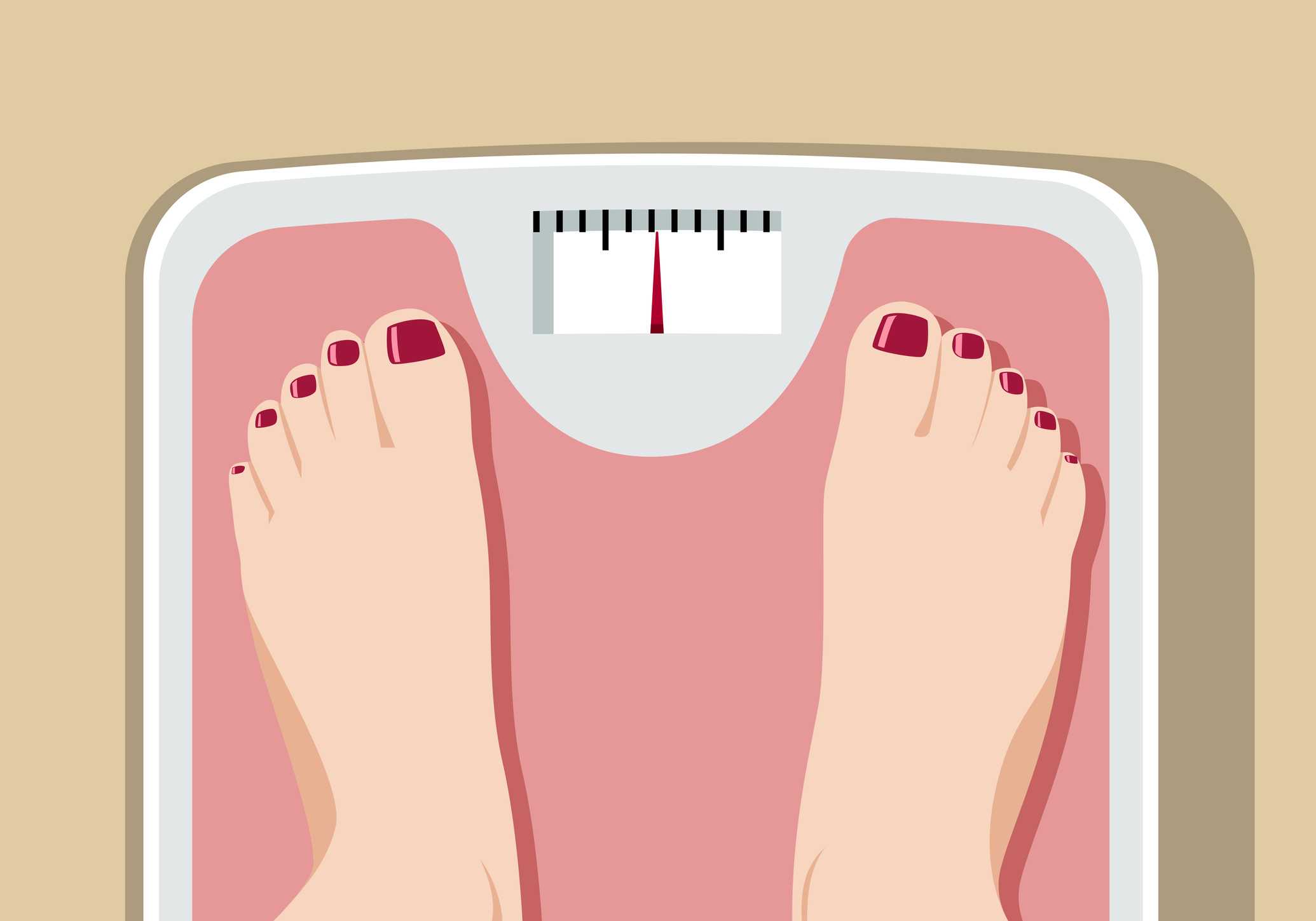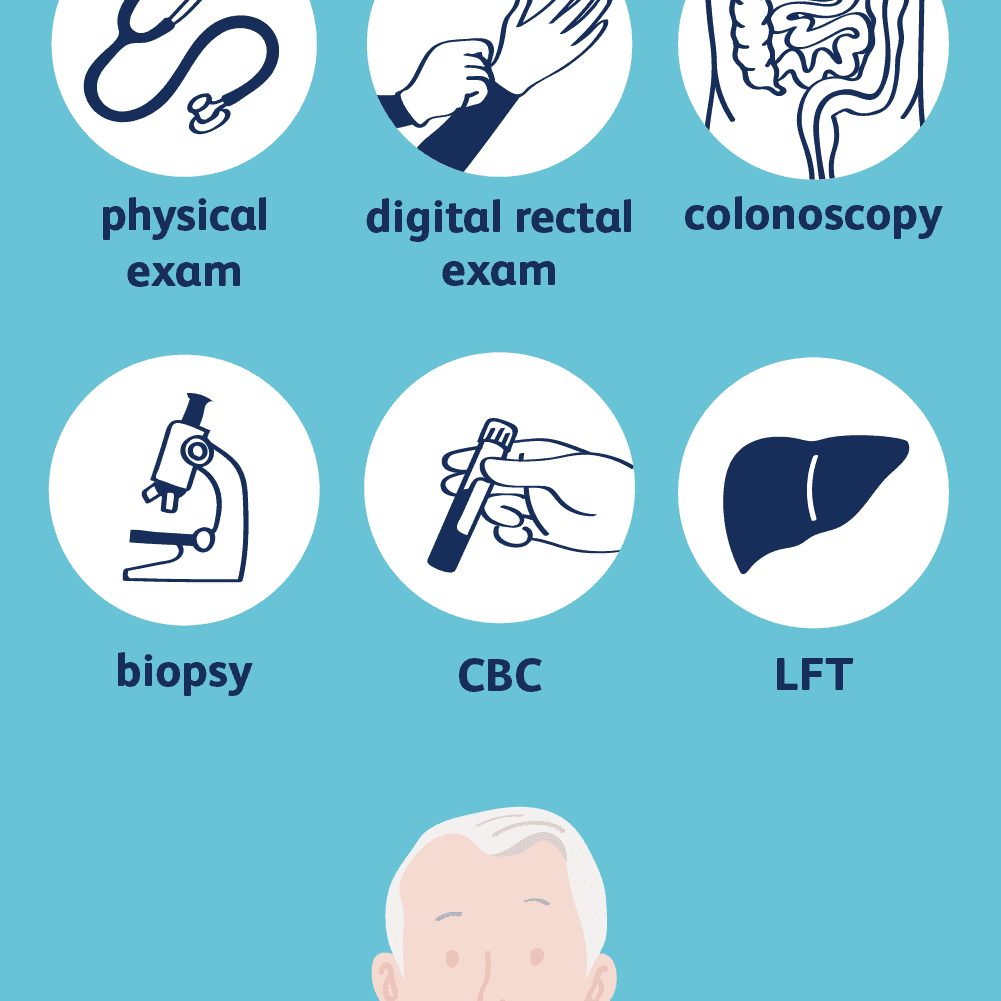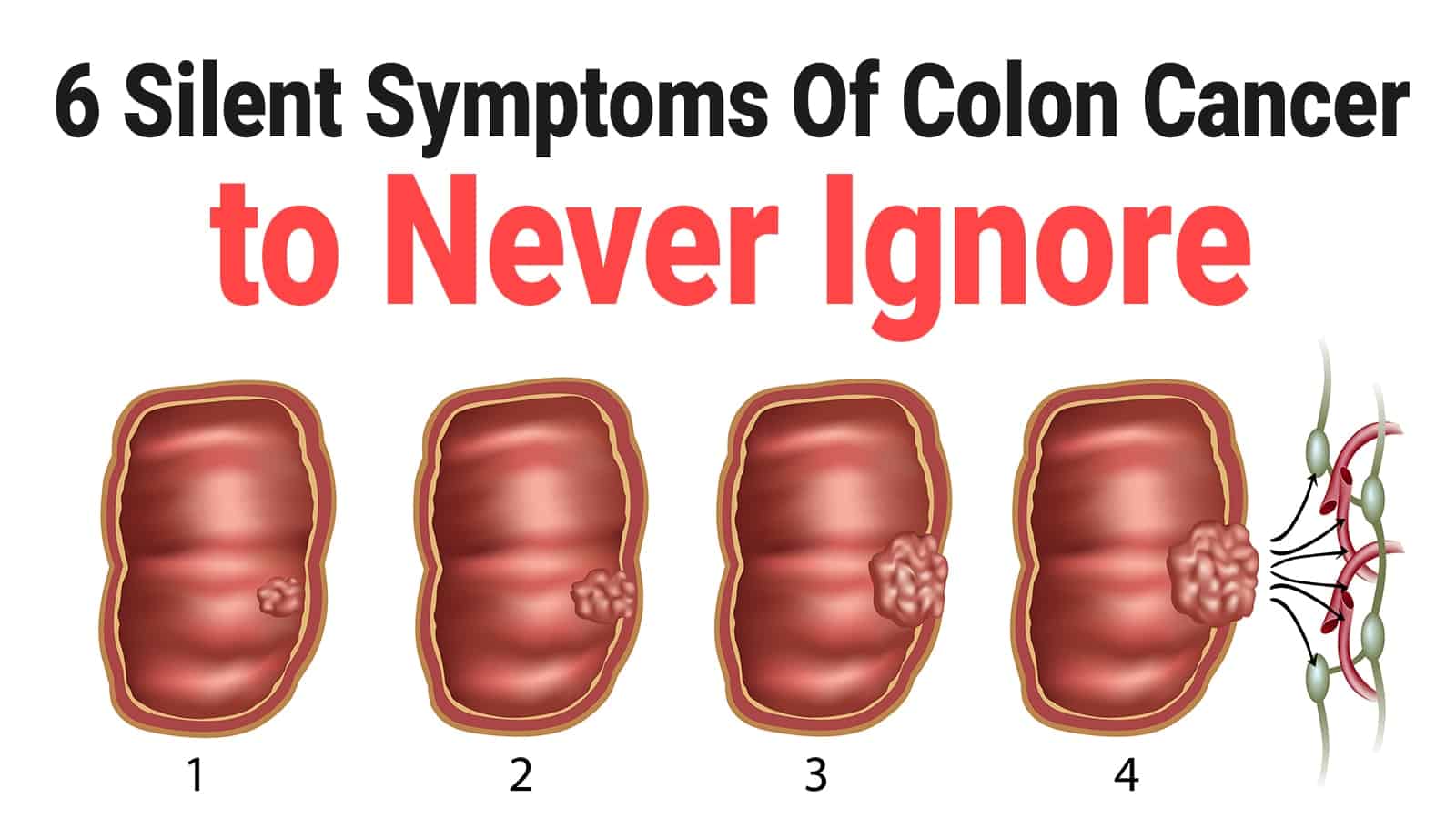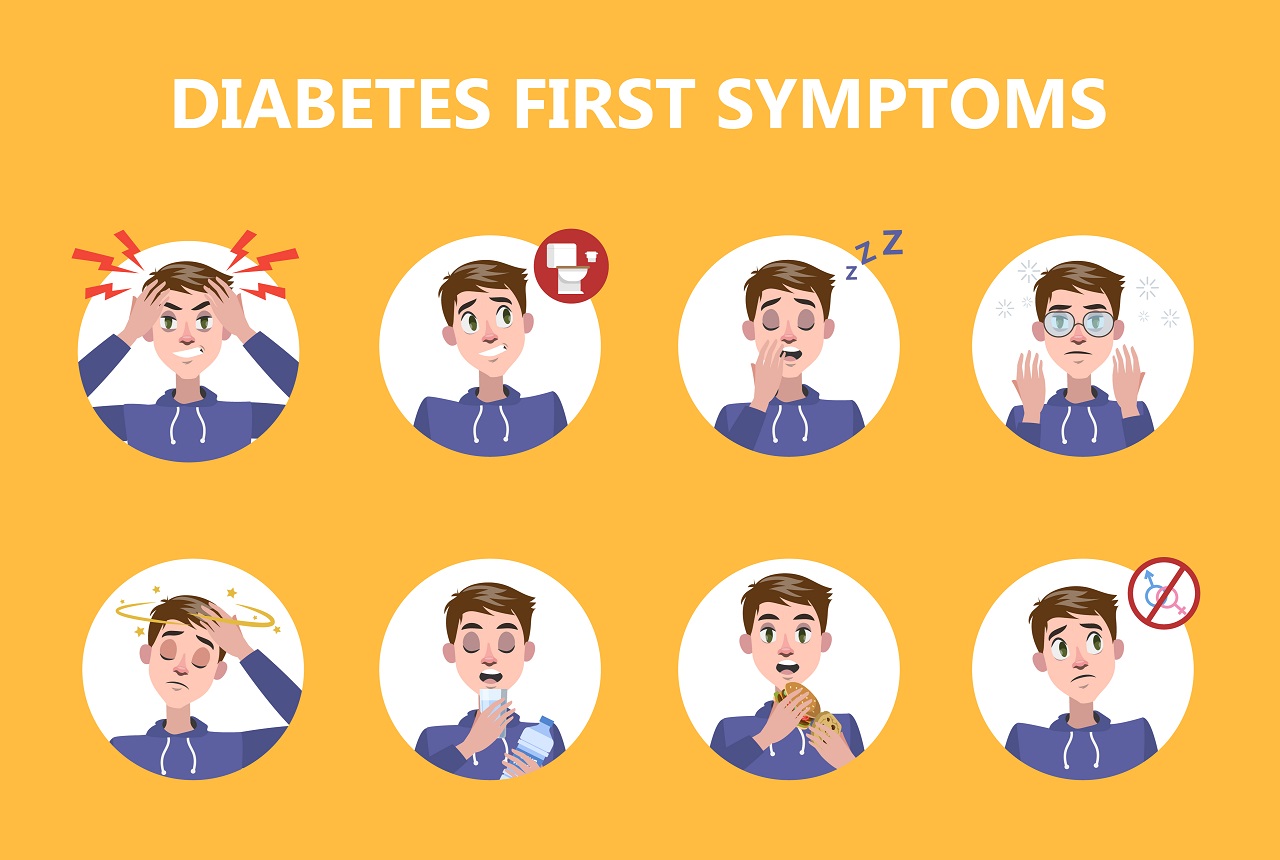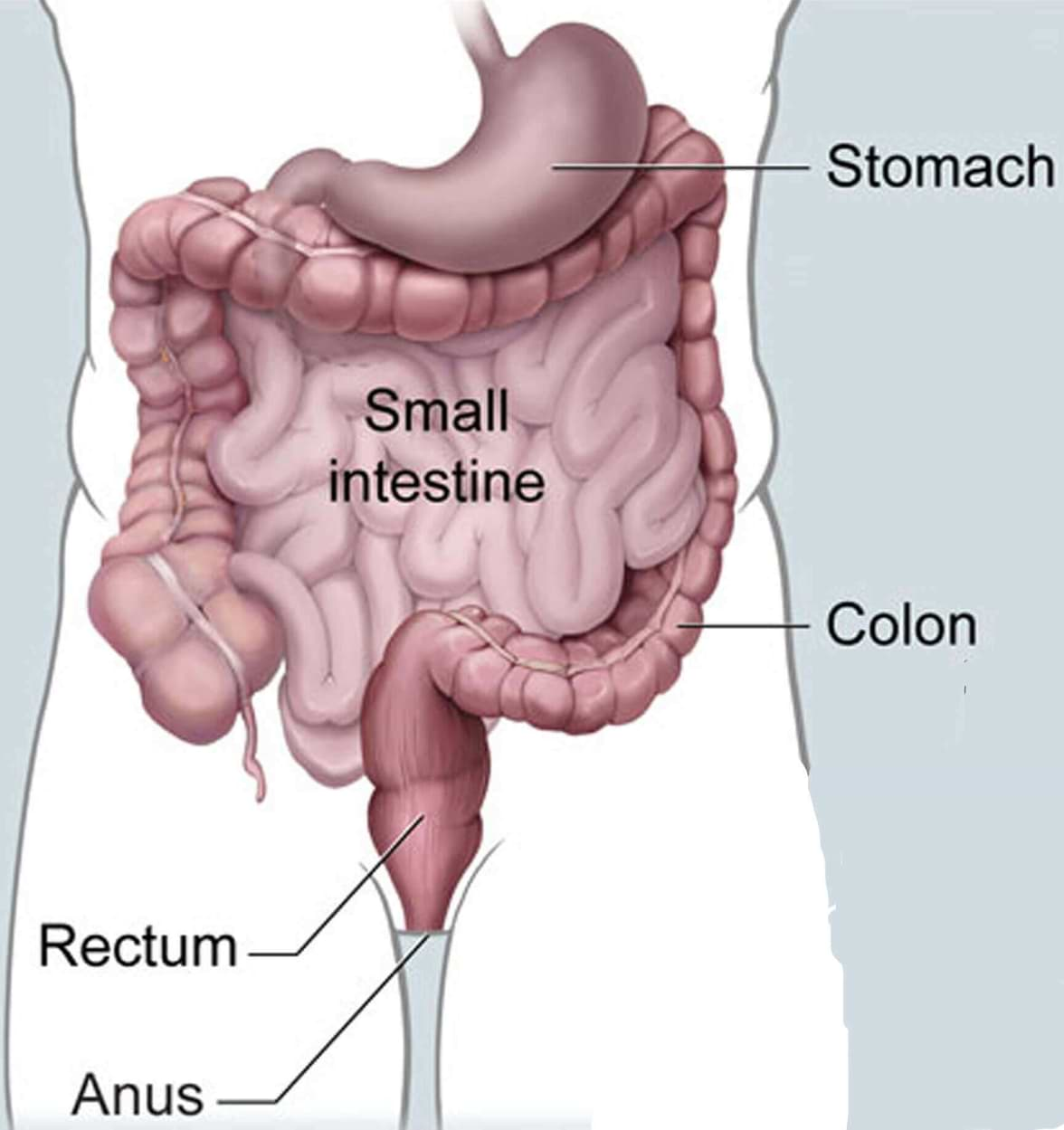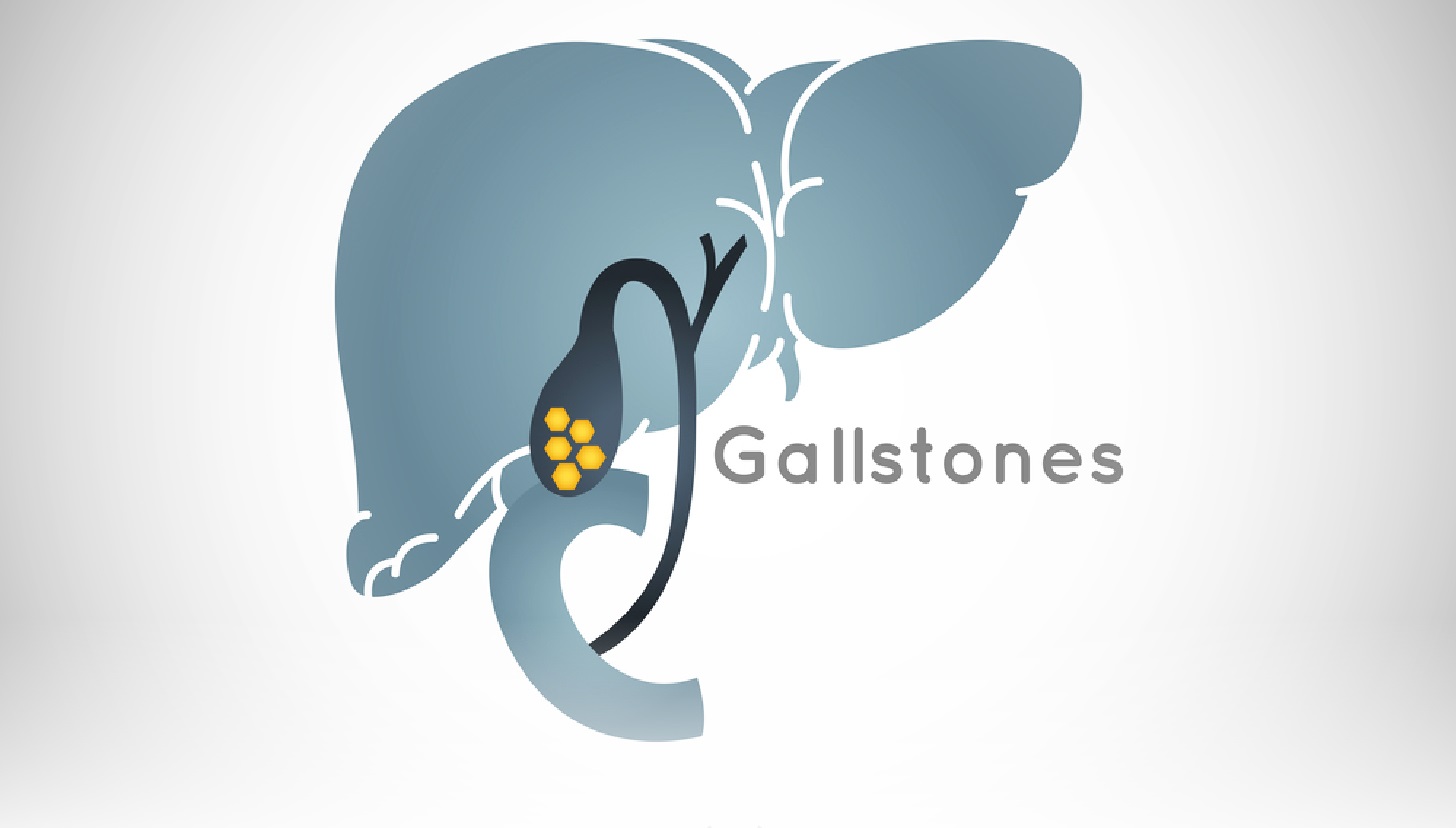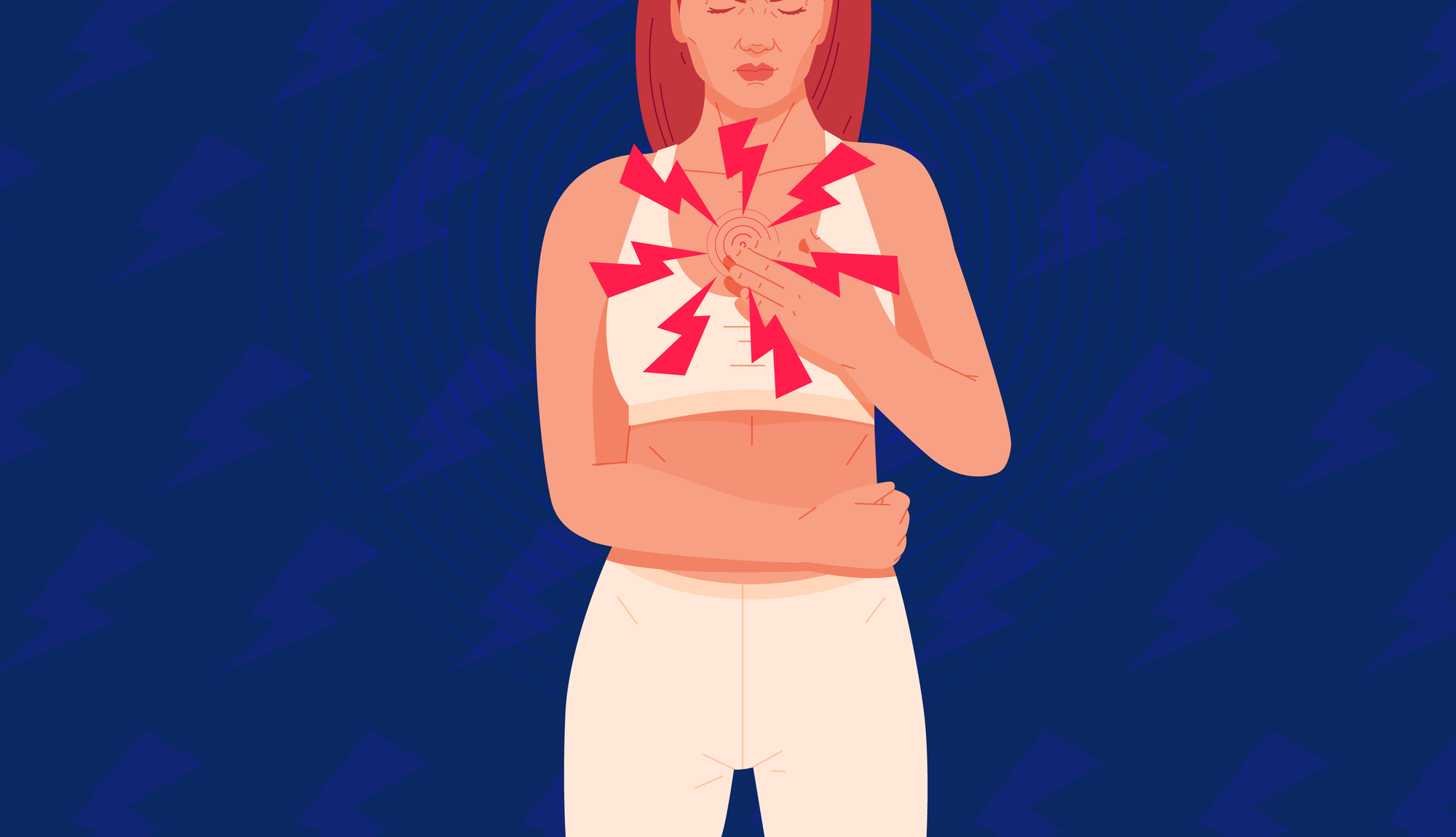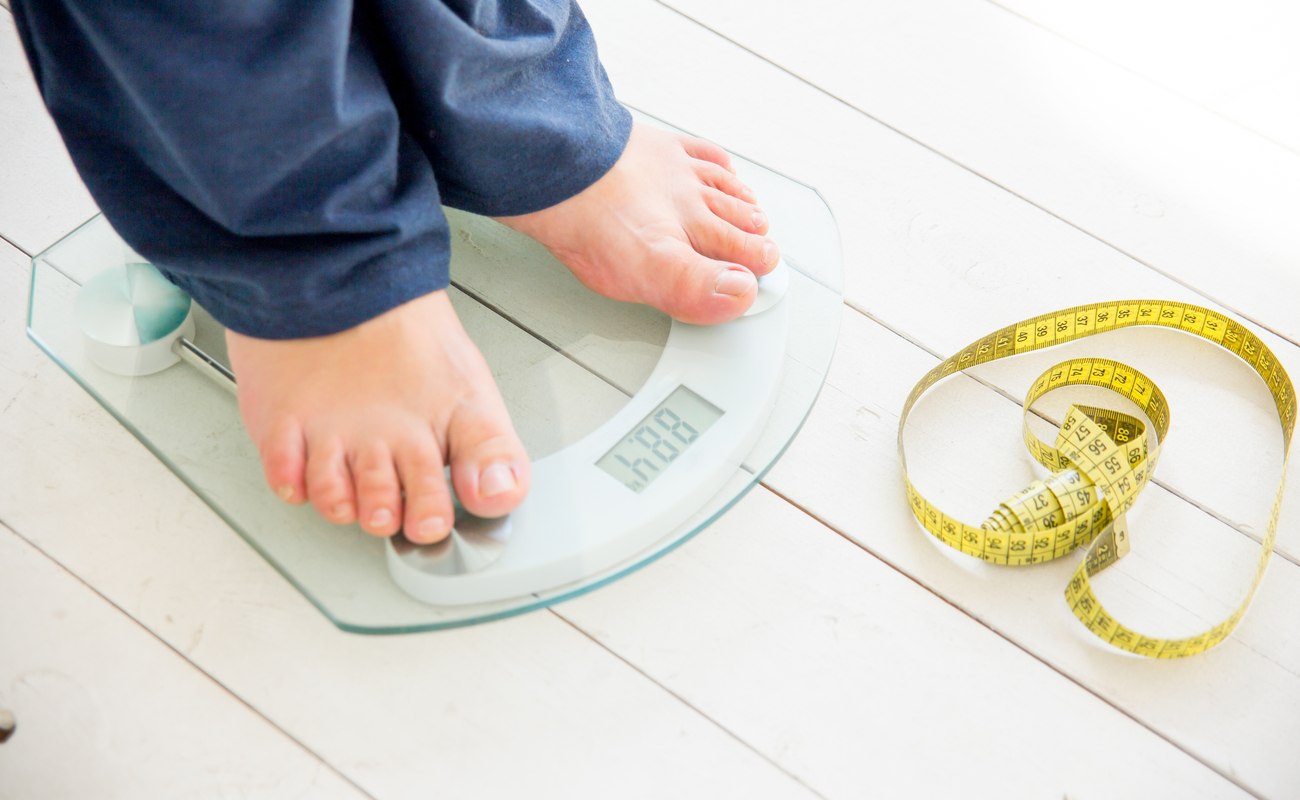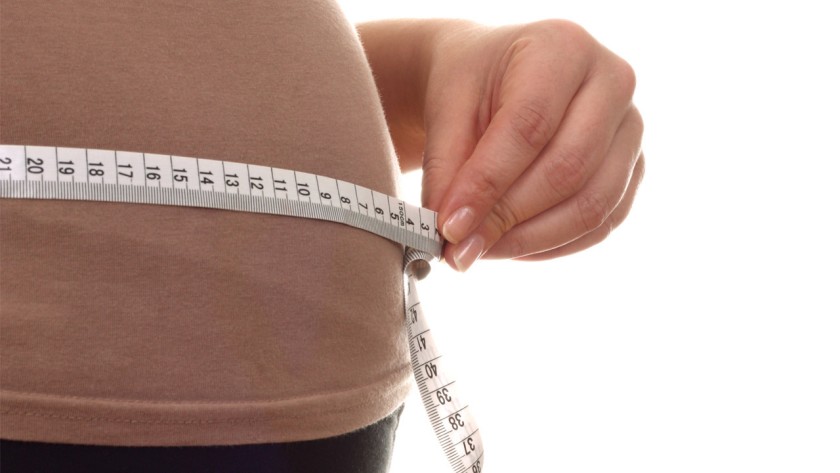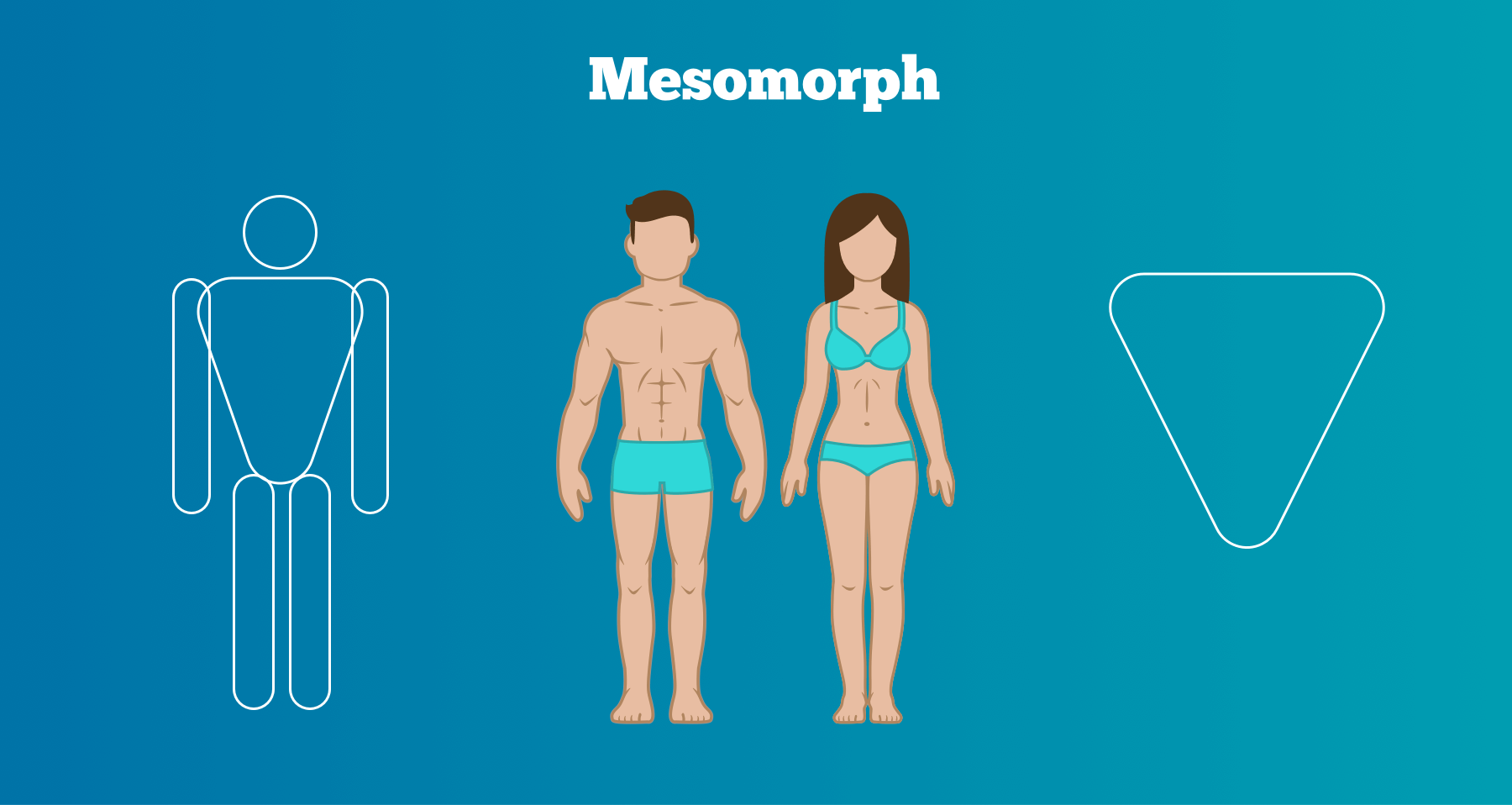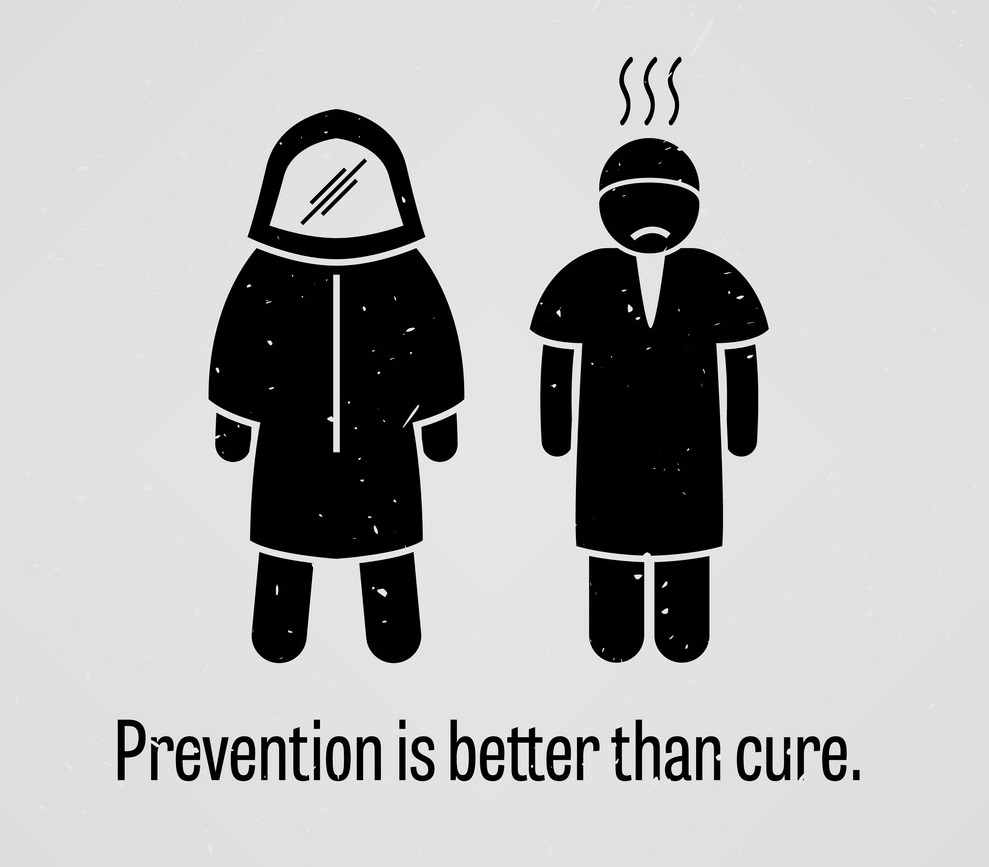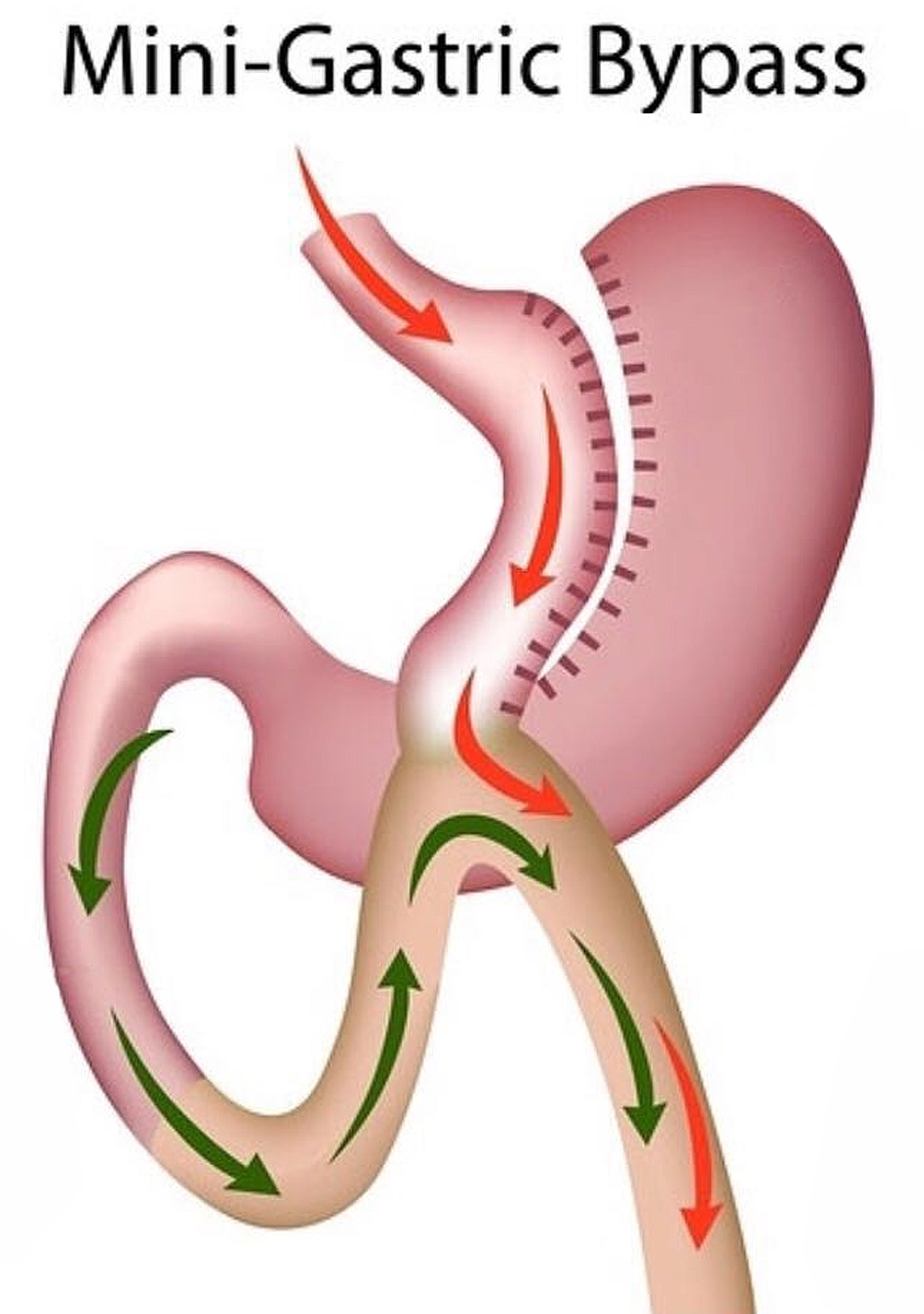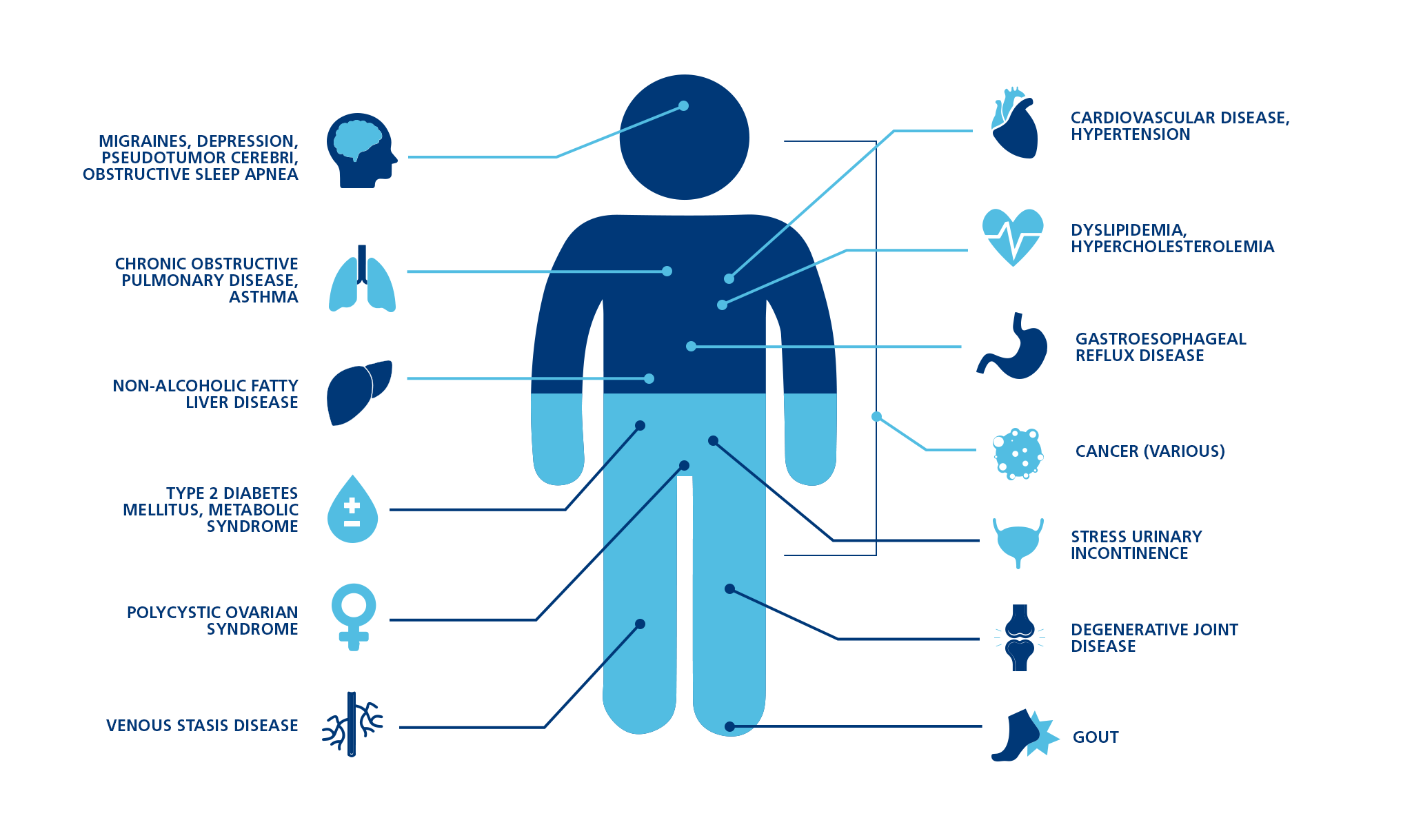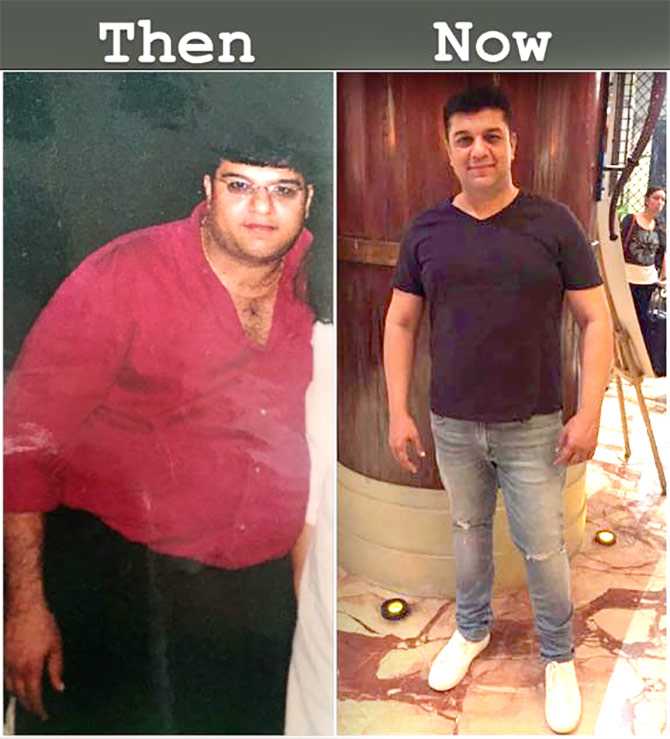Health, Weight Loss
Tips to Deal with Weight Loss Plateau
Have you reached a point where your current weight loss diets and exercises have stopped working for you? Has your weight loss stalled? Here is what you can do.
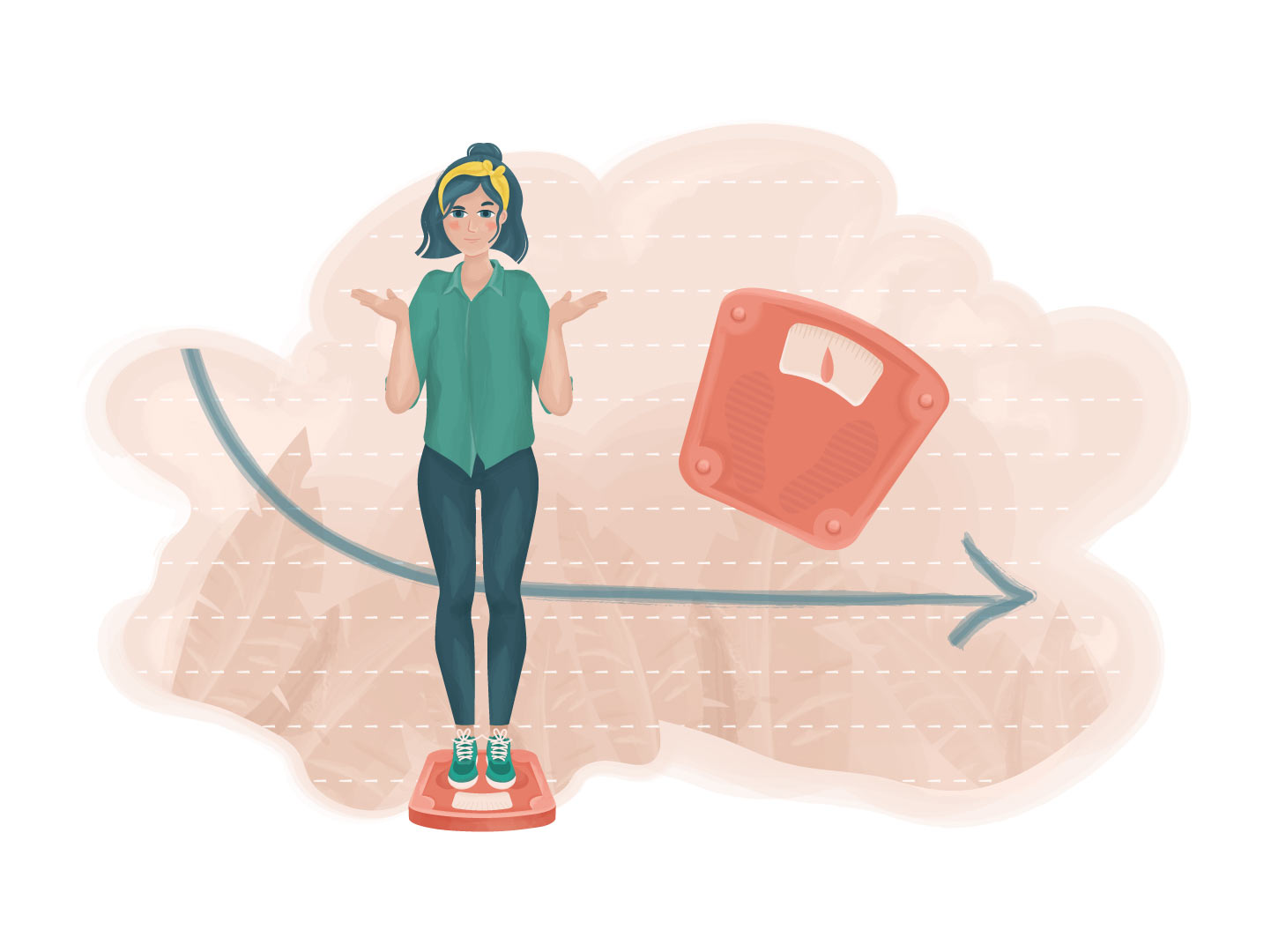
Overview
You've been working hard to follow a healthy, low-calorie diet and improve your exercise habits, and your reward has been watching your weight go down and feeling better. Now, however, for no reason you can identify, the scale has stopped budging. You've hit a weight-loss plateau.
Don't get discouraged. It's normal for weight loss to slow and even stall. By understanding what causes a weight-loss plateau, you can decide how to respond and avoid backsliding on your new healthy habits.
What is a weight-loss plateau?
Being stuck at a weight-loss plateau eventually happens to everyone who tries to lose weight. Even so, most people are surprised when it happens to them because they're still eating carefully and exercising regularly. The frustrating reality is that even well-planned weight-loss efforts can stall.
What causes a weight-loss plateau?
During the first few weeks of losing weight, a rapid drop is normal. In part, this is because when you cut calories, the body gets needed energy initially by releasing its stores of glycogen, a type of carbohydrate found in the muscles and liver.
Glycogen is partly made of water, so when glycogen is burned for energy, it releases water, resulting in weight loss that's mostly water. This effect is temporary, however.
As you lose weight, you lose some muscle along with fat. Muscle helps keep the rate at which you burn calories (metabolism) up. So as you lose weight, your metabolism declines, causing you to burn fewer calories than you did at your heavier weight.
Your slower metabolism will slow your weight loss, even if you eat the same number of calories that helped you lose weight. When the calories you burn equal the calories you eat, you reach a plateau.
To lose more weight, you need to either increase your physical activity or decrease the calories you eat. Using the same approach that worked initially may maintain your weight loss, but it won't lead to more weight loss.
How can you overcome a weight-loss plateau?
When you reach a plateau, you may have lost all of the weight you will on your current diet and exercise plan. Ask yourself if you're satisfied with your current weight or if you want to lose more, in which case you'll need to adjust your weight-loss program.
If you're committed to losing more weight, try these tips for getting past the plateau:
- Reassess your habits. Look back at your food and activity records. Make sure you haven't loosened the rules, letting yourself get by with larger portions or less exercise. Research suggests that off-and-on loosening of rules contributes to plateaus.
- Cut more calories. Further cut your daily calories, provided this doesn't put you below 1,200 calories. Fewer than 1,200 calories a day may not be enough to keep you from constant hunger, which increases your risk of overeating.
- Rev up your workout. Most people should exercise 30 minutes a day, nearly every day of the week. But people trying to lose weight should exercise more often than that or increase the intensity of exercise to burn more calories. Adding exercises such as weightlifting to increase your muscle mass will help you burn more calories.
- Pack more activity into your day. Think outside the gym. Increase your general physical activity throughout the day by walking more and using your car less, or try doing more yardwork or vigorous spring cleaning. Any physical activity will help you burn more calories.
- Know your numbers. If you’ve been watching what you eat and exercising more and your weight is not budging, consult with your doctor or registered dietician to rule out any underlying medical conditions that could make it difficult for you to lose weight.
- Get quality sleep. Full night’s sleep is vital to losing body fat because it resets your hormones. Even a little sleep deprivation can lead to increased cortisol, a stress hormone. Elevated cortisol levels can lead to body fat accumulation, especially around the midsection. Lots of people are stressed out lately, so if you can’t change the stress you are exposed to, then change the way you react to that stress.
Never be discouraged
If your efforts to get past a weight-loss plateau aren't working, talk with your doctor or a dietitian about other tactics to try. If you can't further decrease the calories you eat or increase your physical activity, you may want to revisit your weight-loss goal. Appreciate the weight you've lost. Maybe the number you're striving for is unrealistic for you.
Because you've already improved your diet and increased your exercise, you've already improved your health. If you're overweight or obese, even modest weight loss improves chronic health conditions related to being overweight.
Whatever you do, don't give up and revert to your old eating and exercise habits. That may cause you to regain the weight you've lost. Celebrate your success and continue your efforts to maintain your weight loss.




